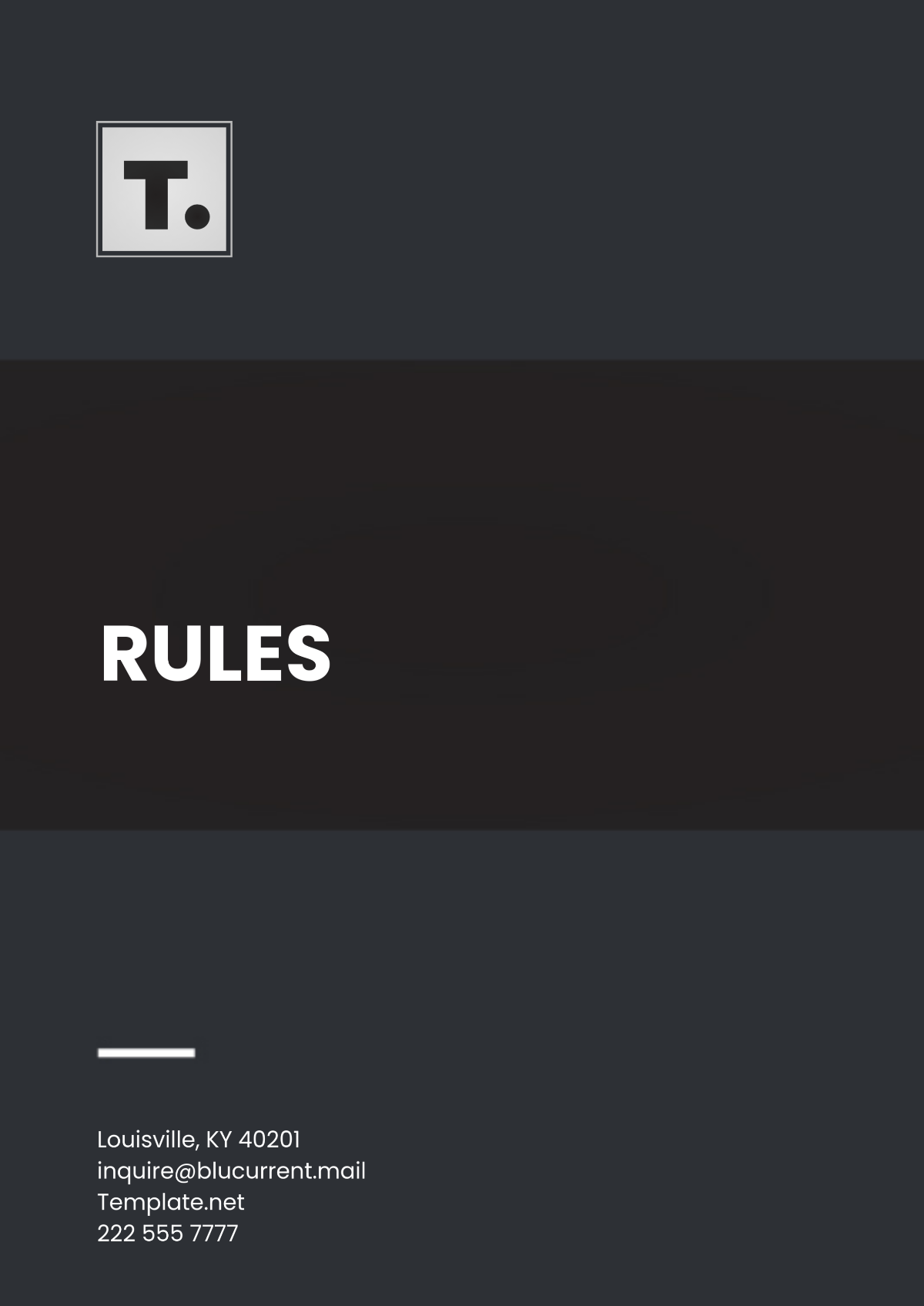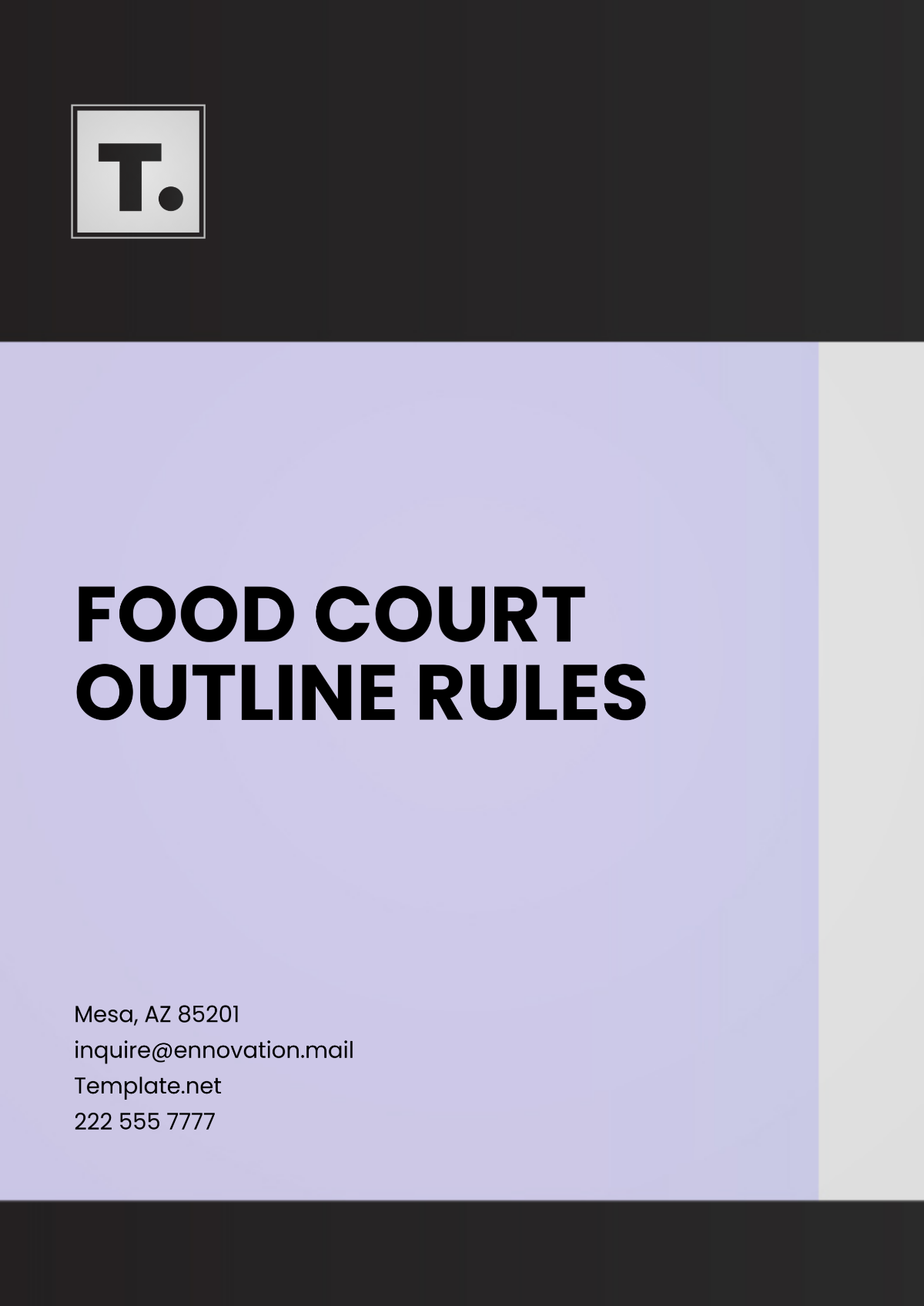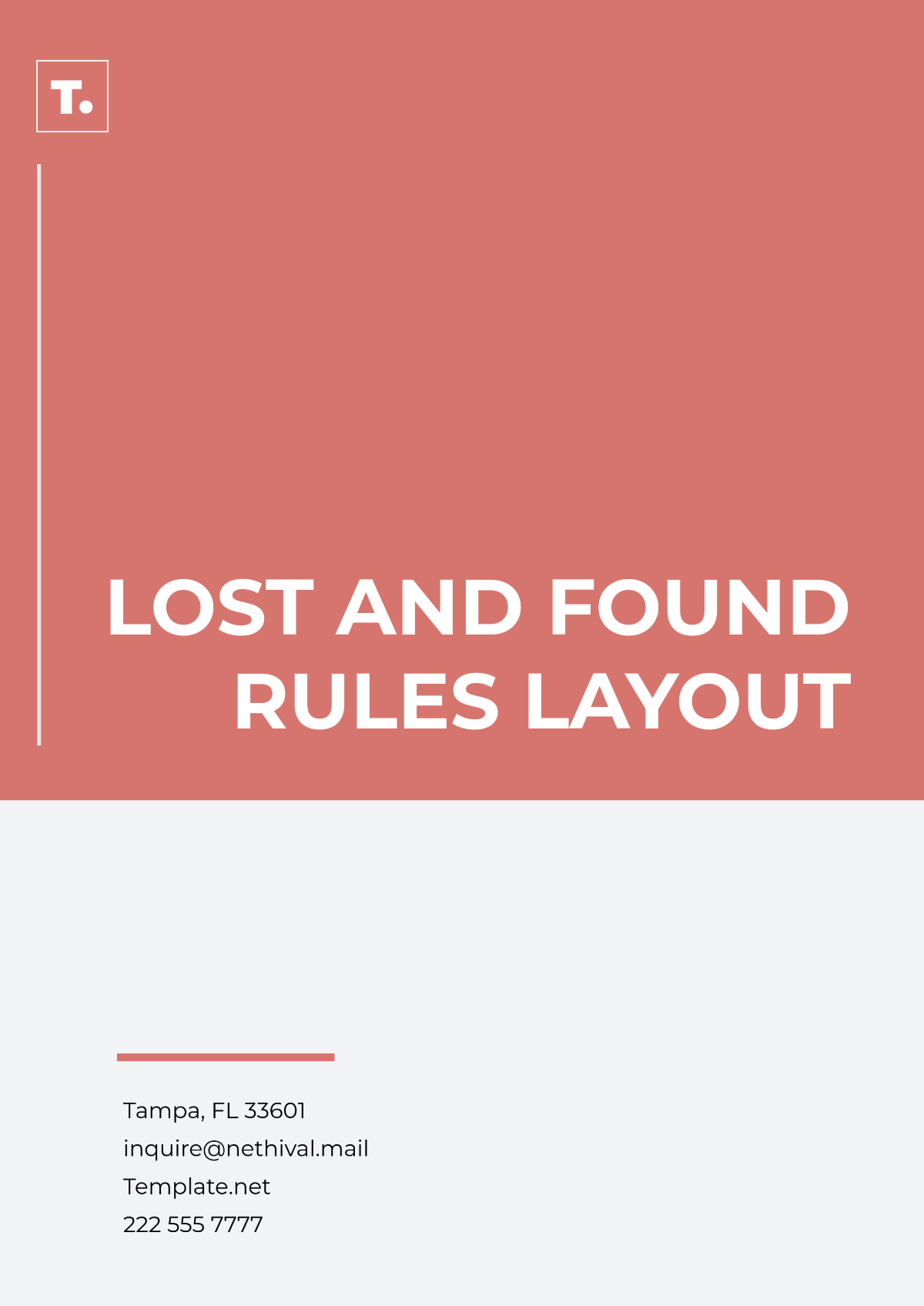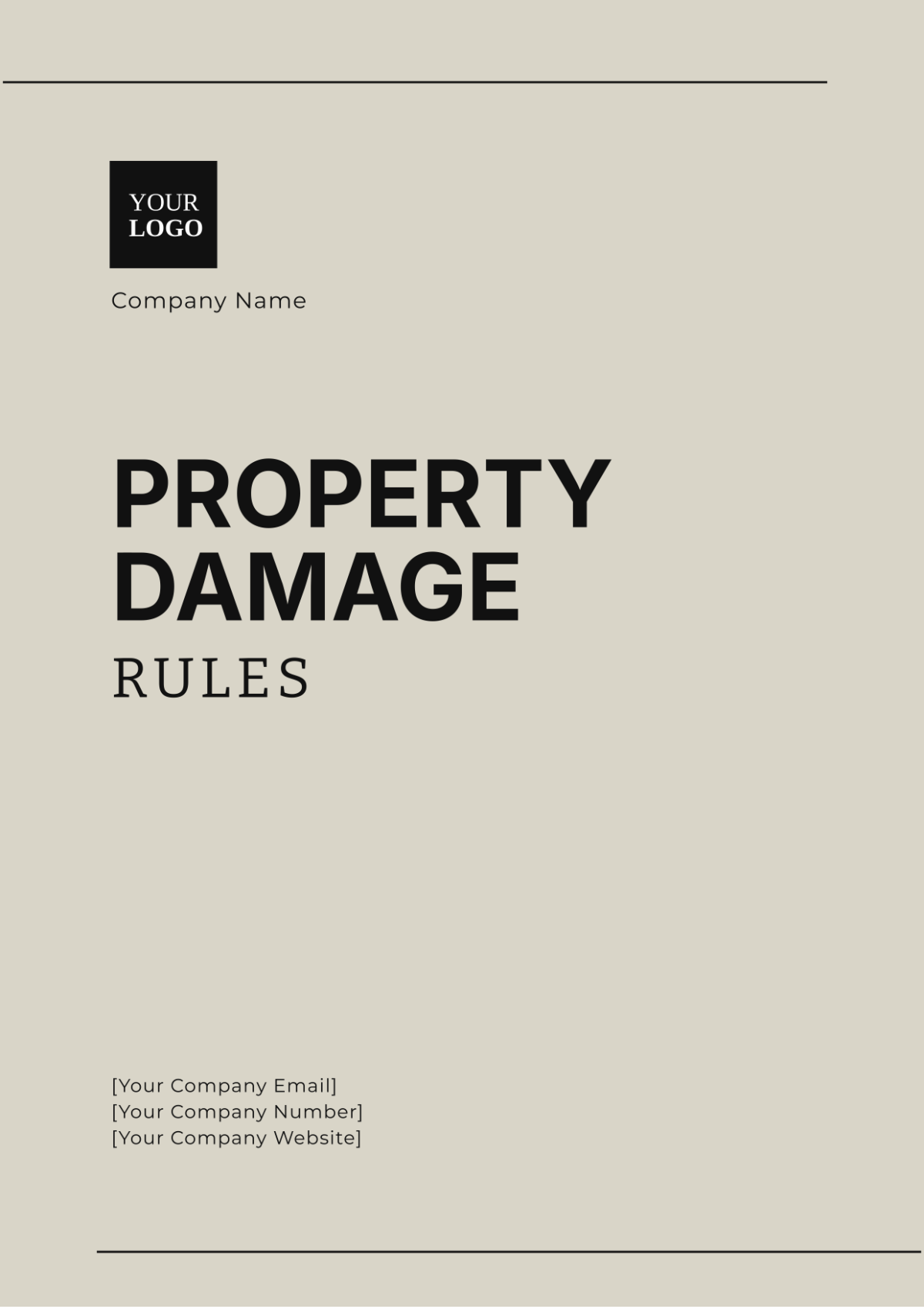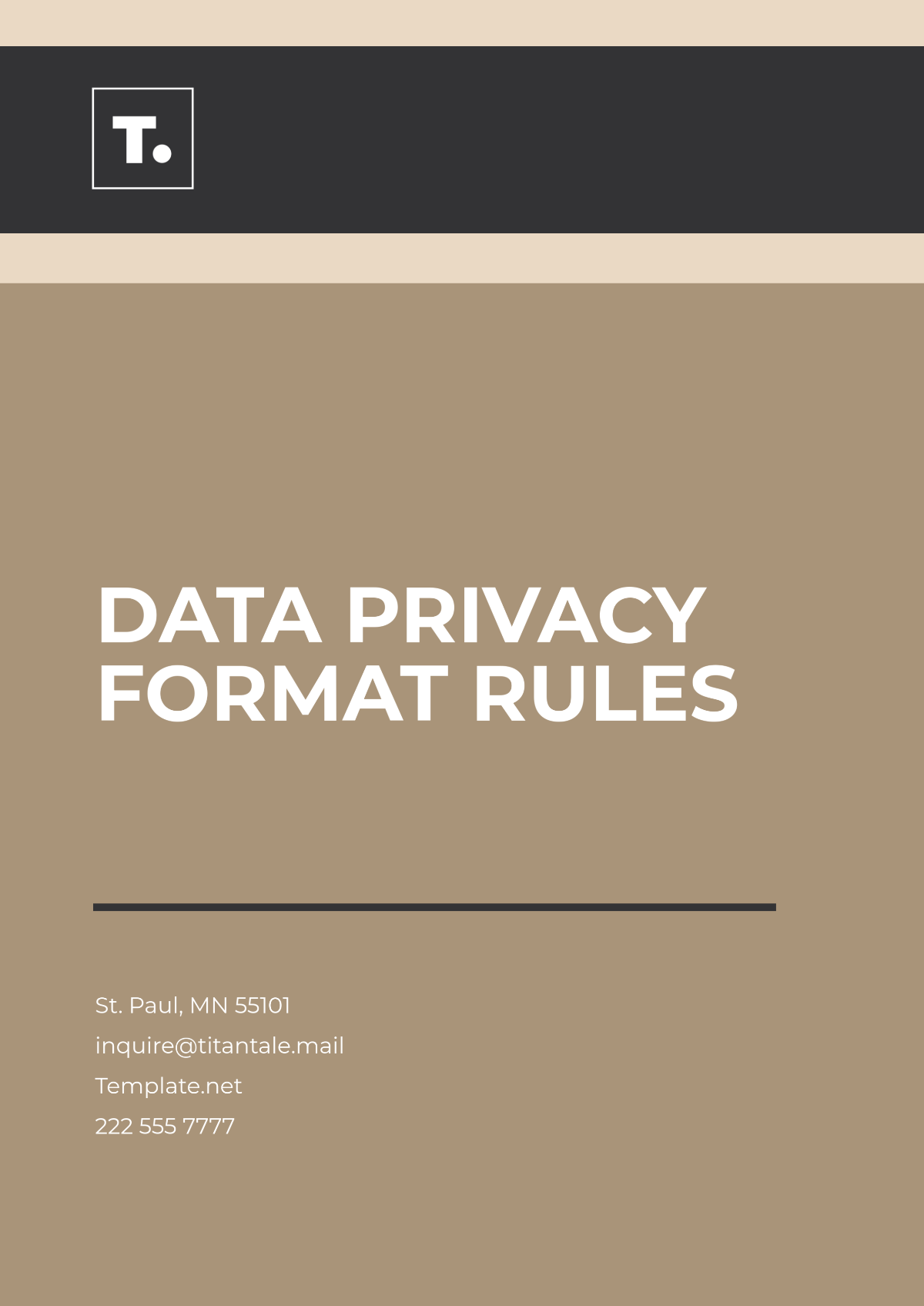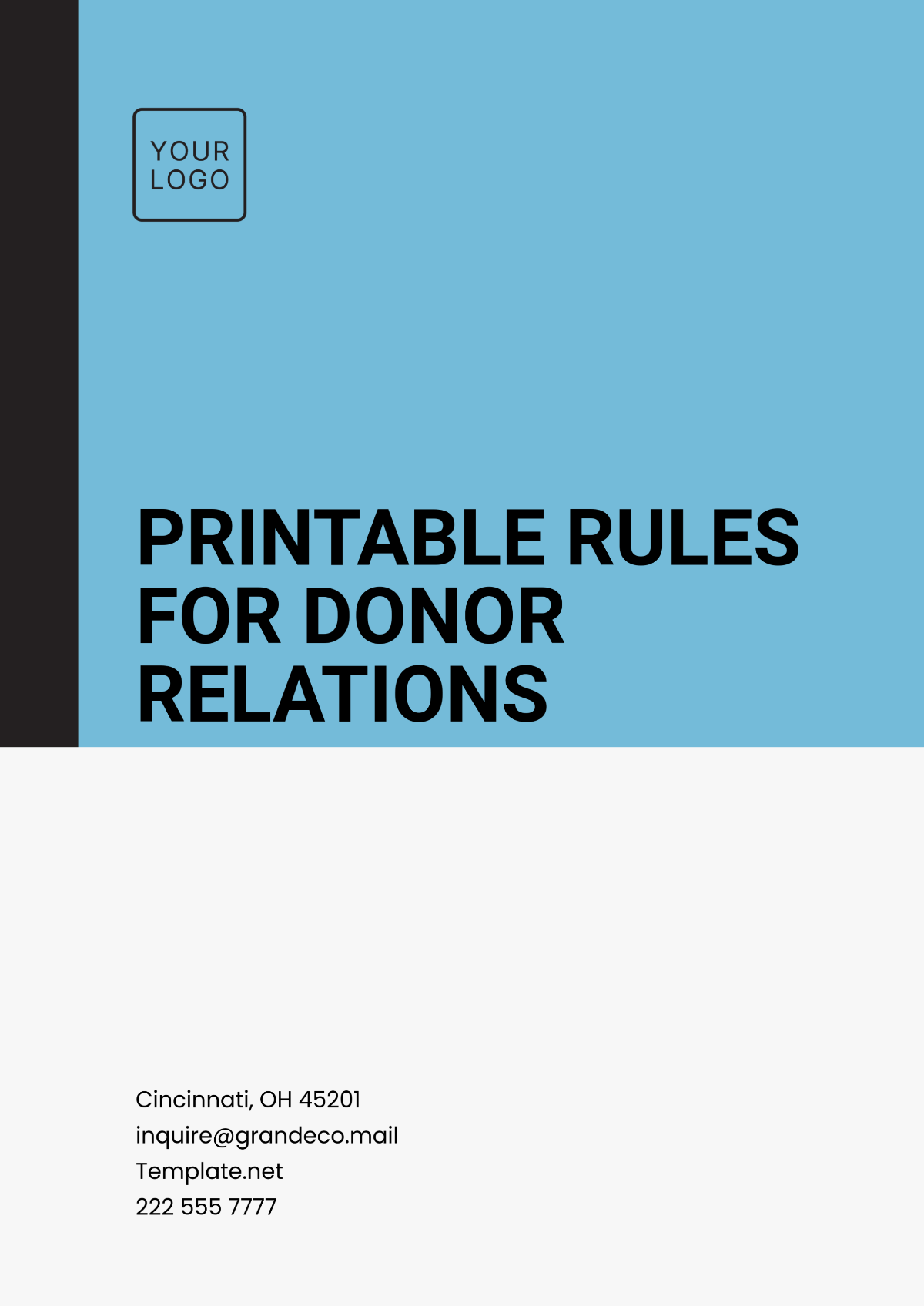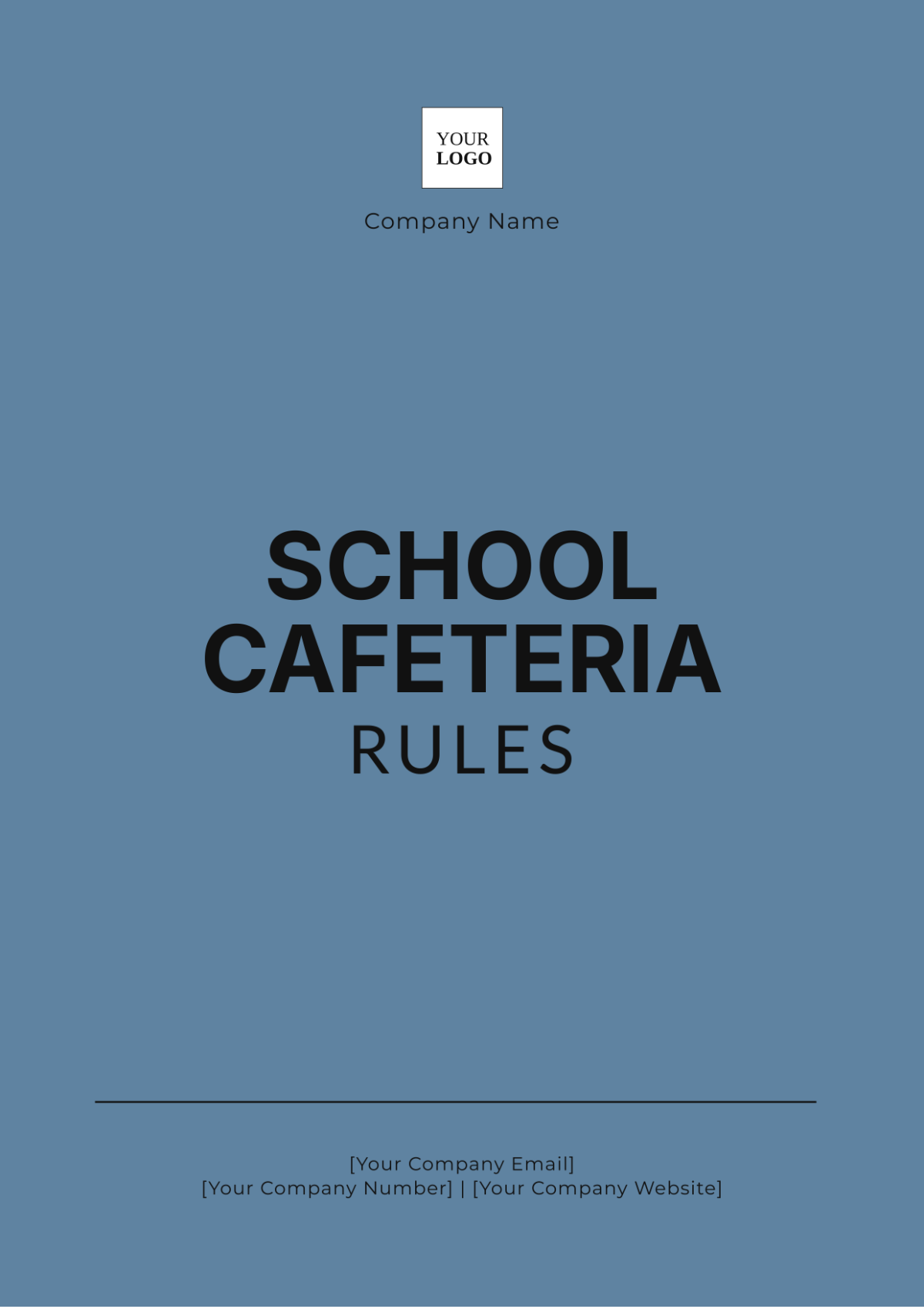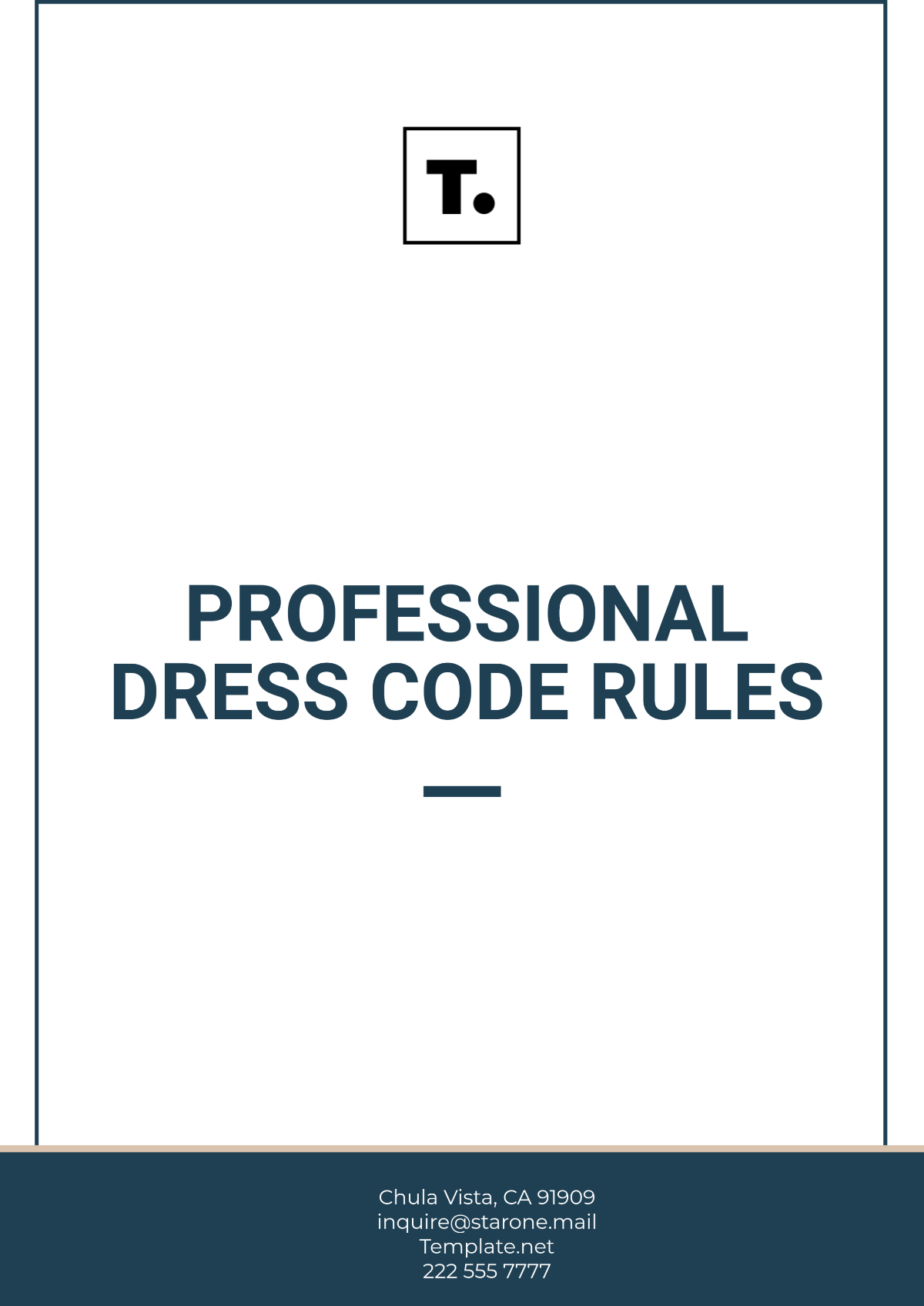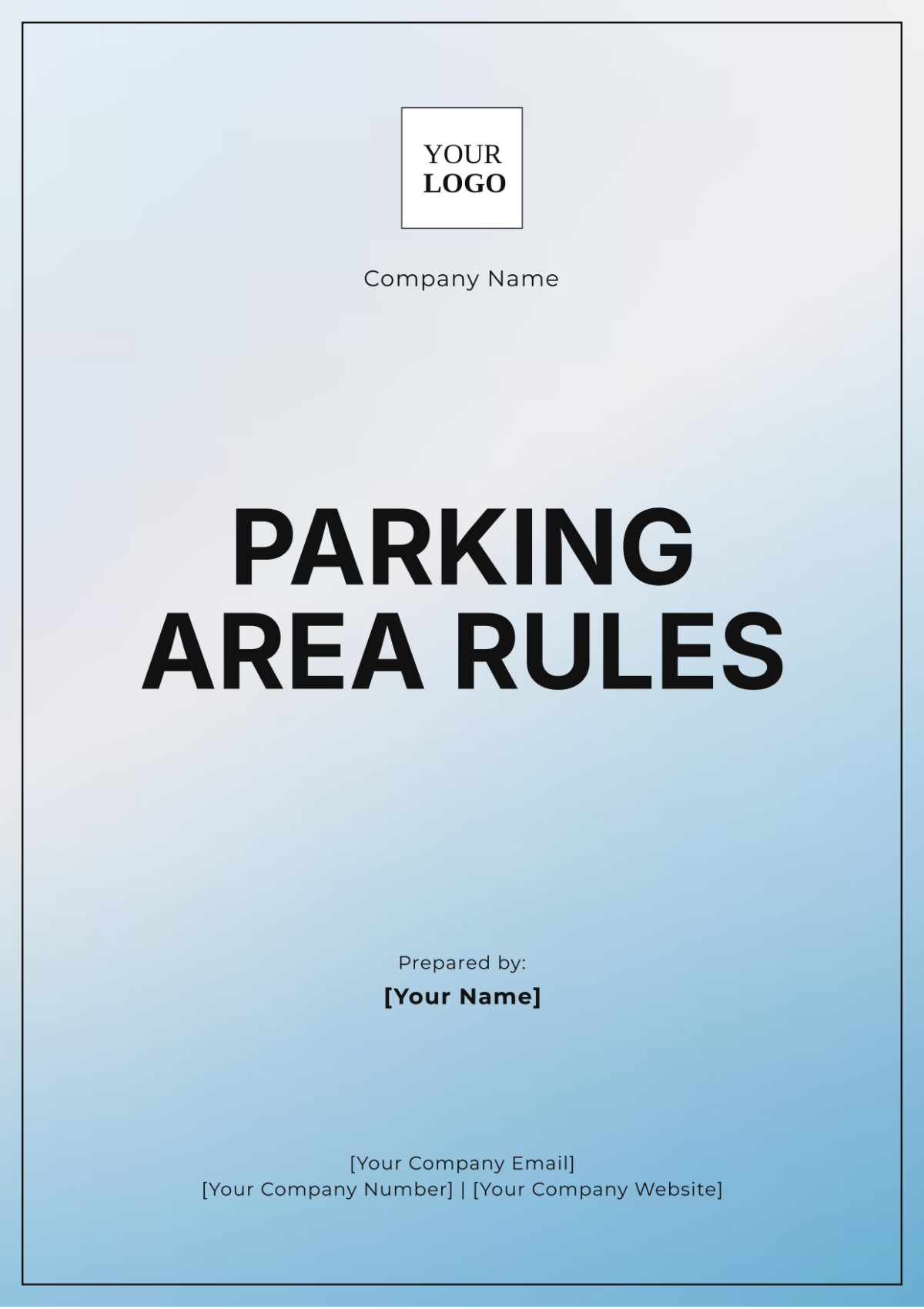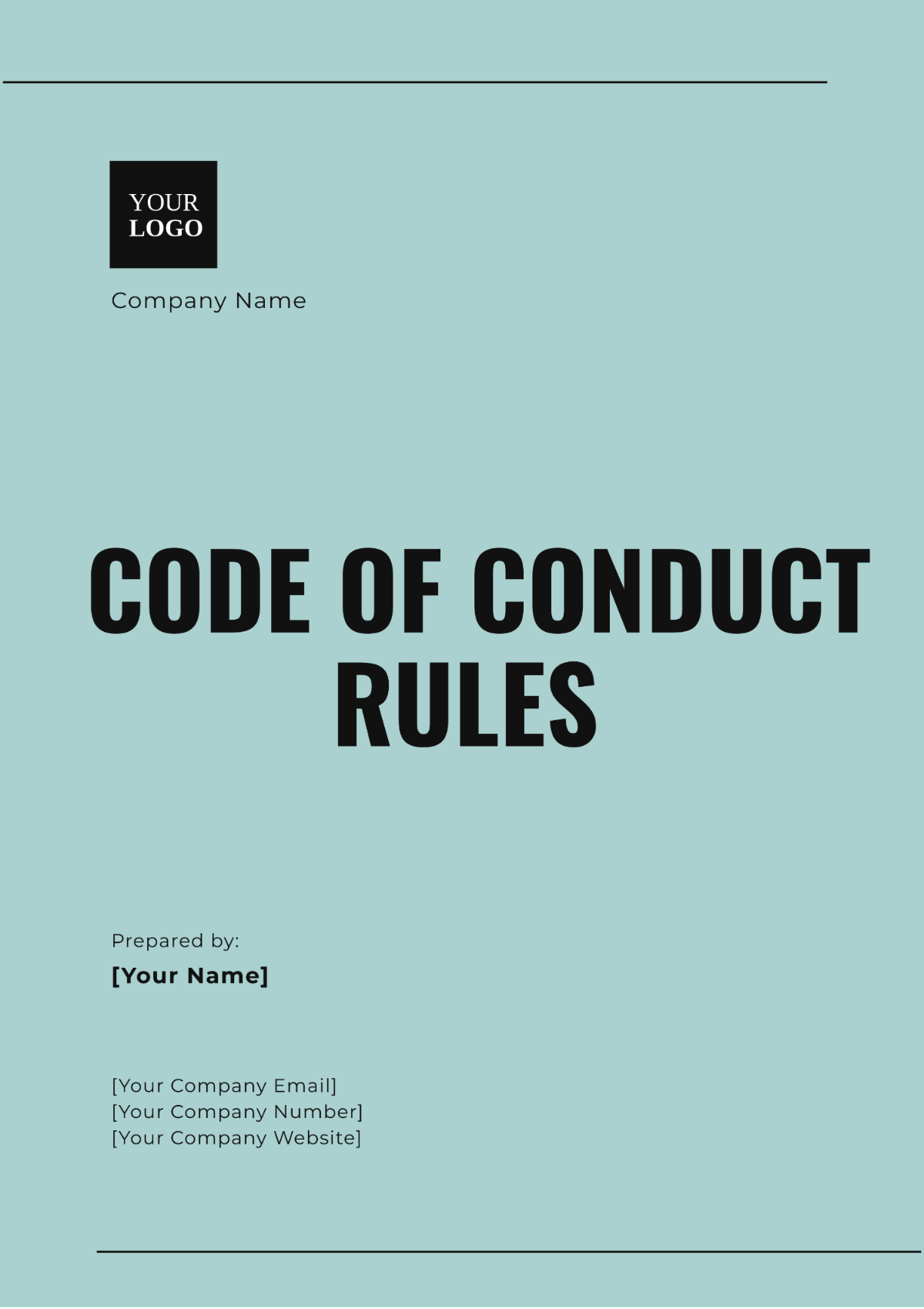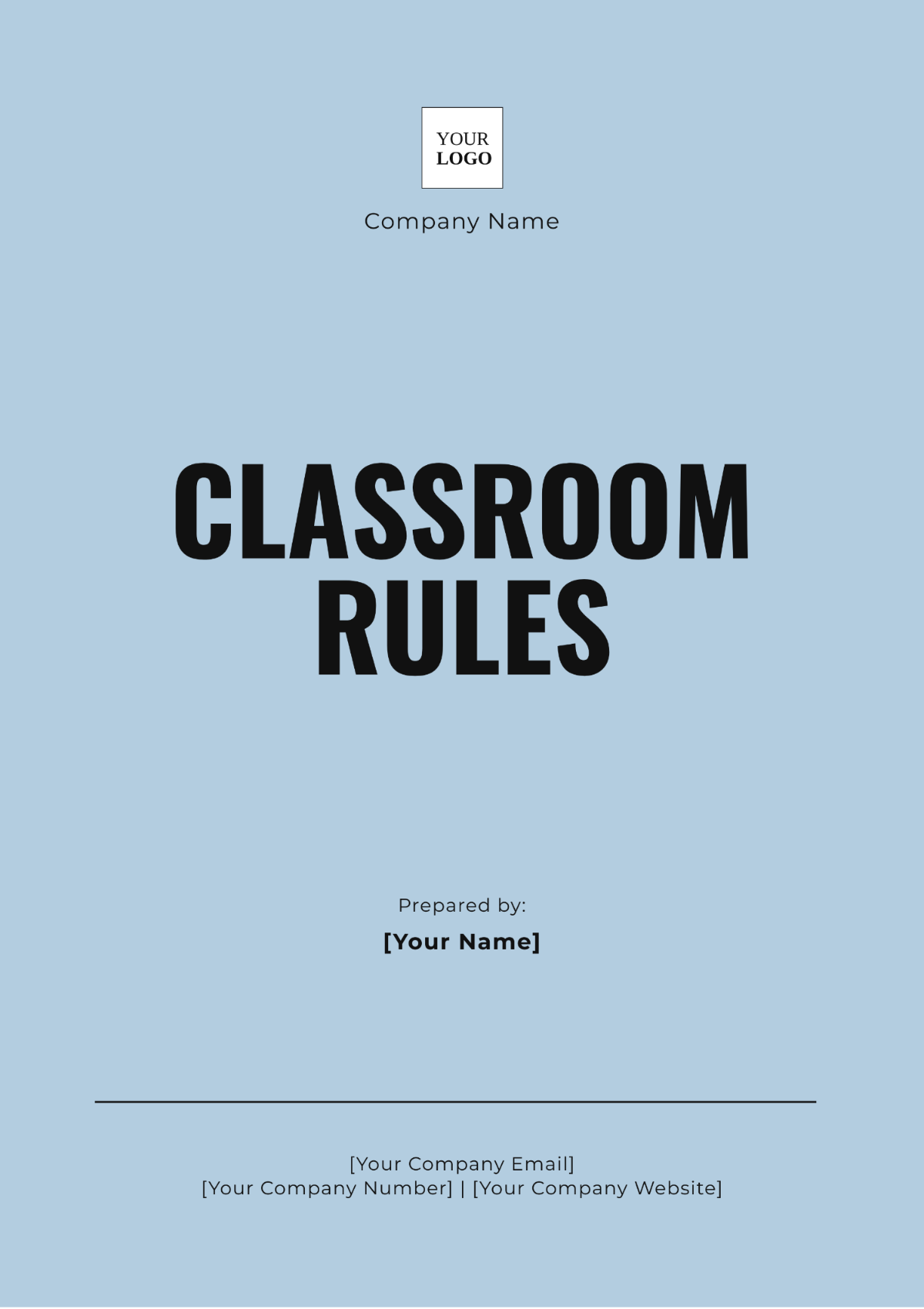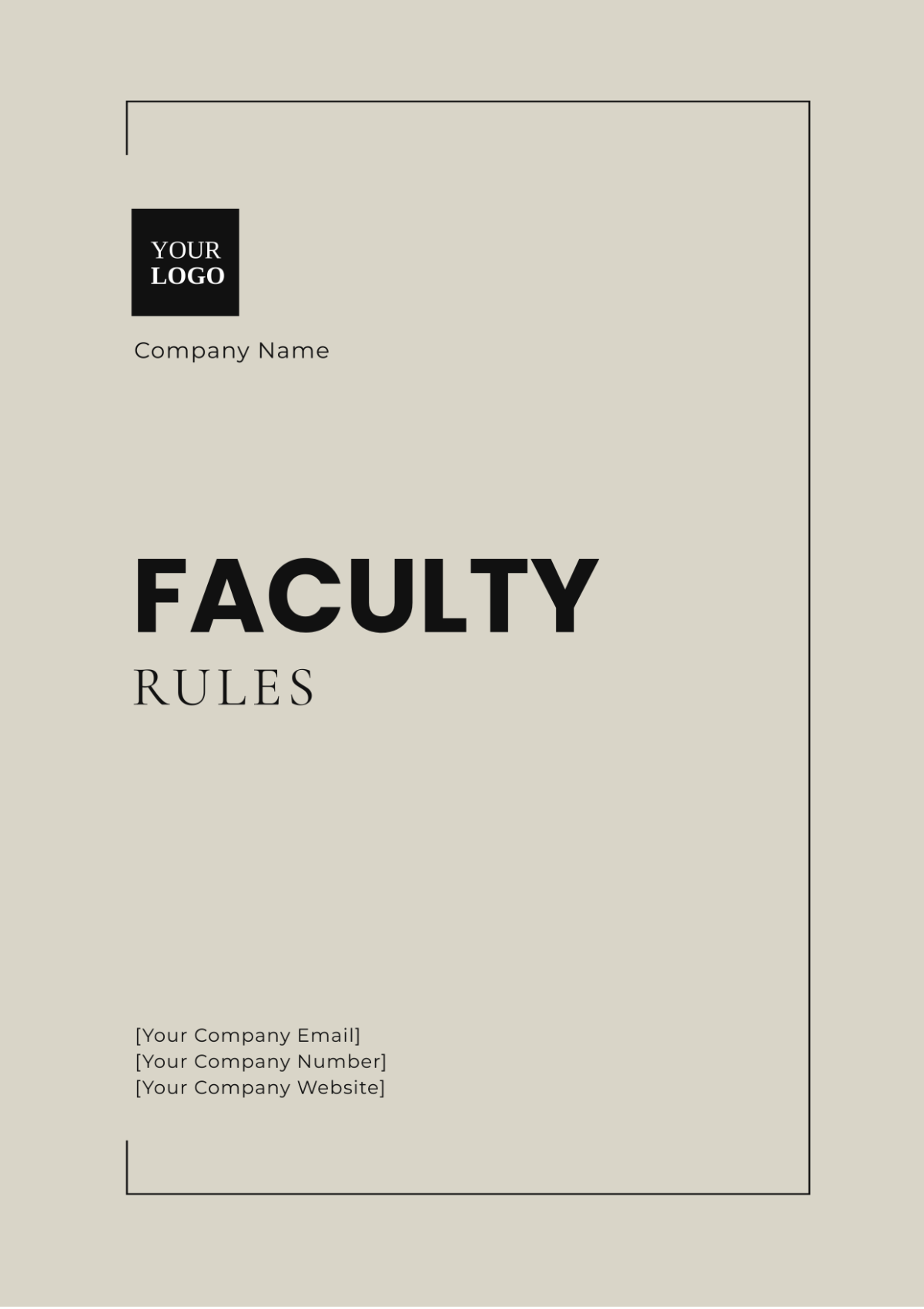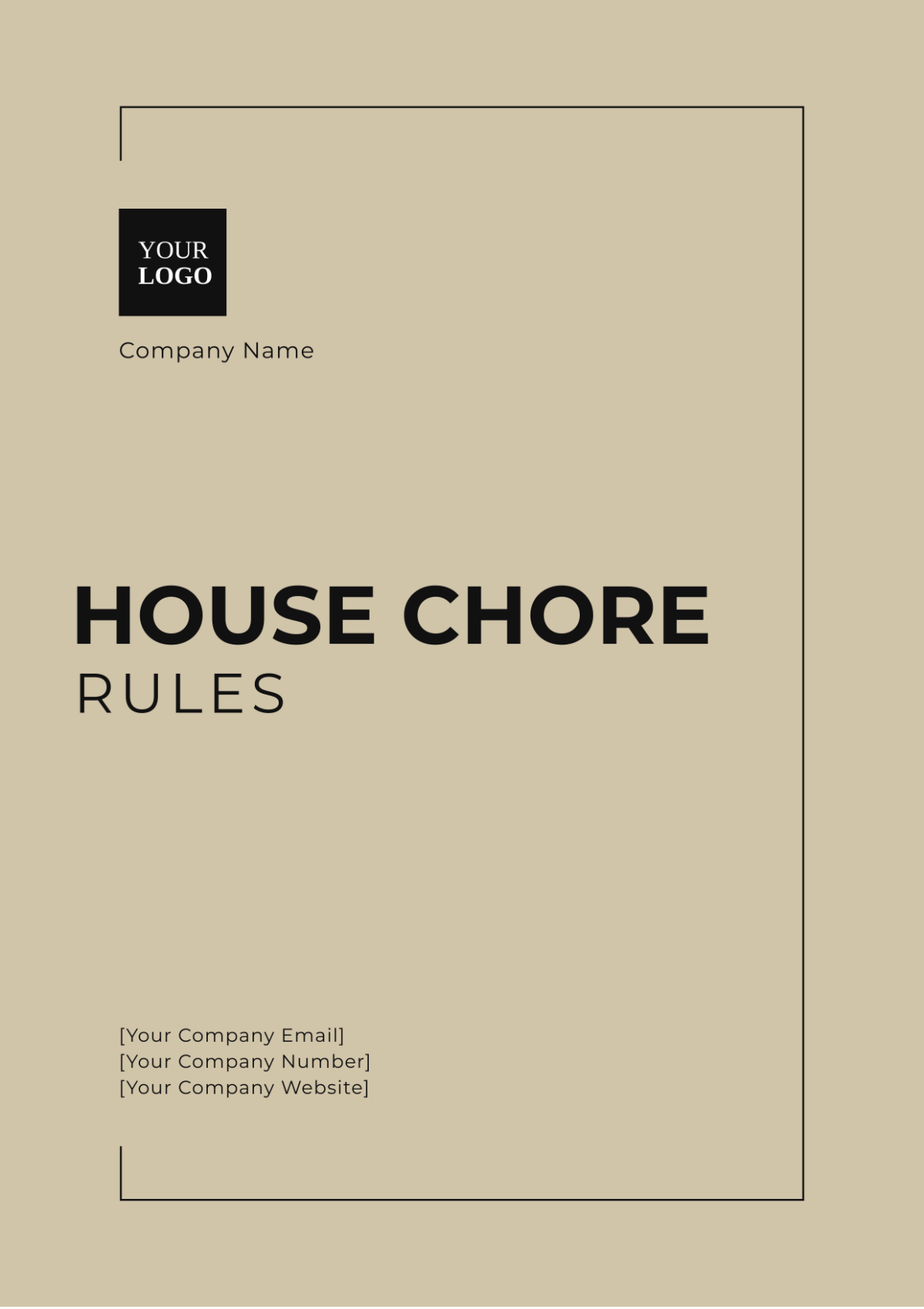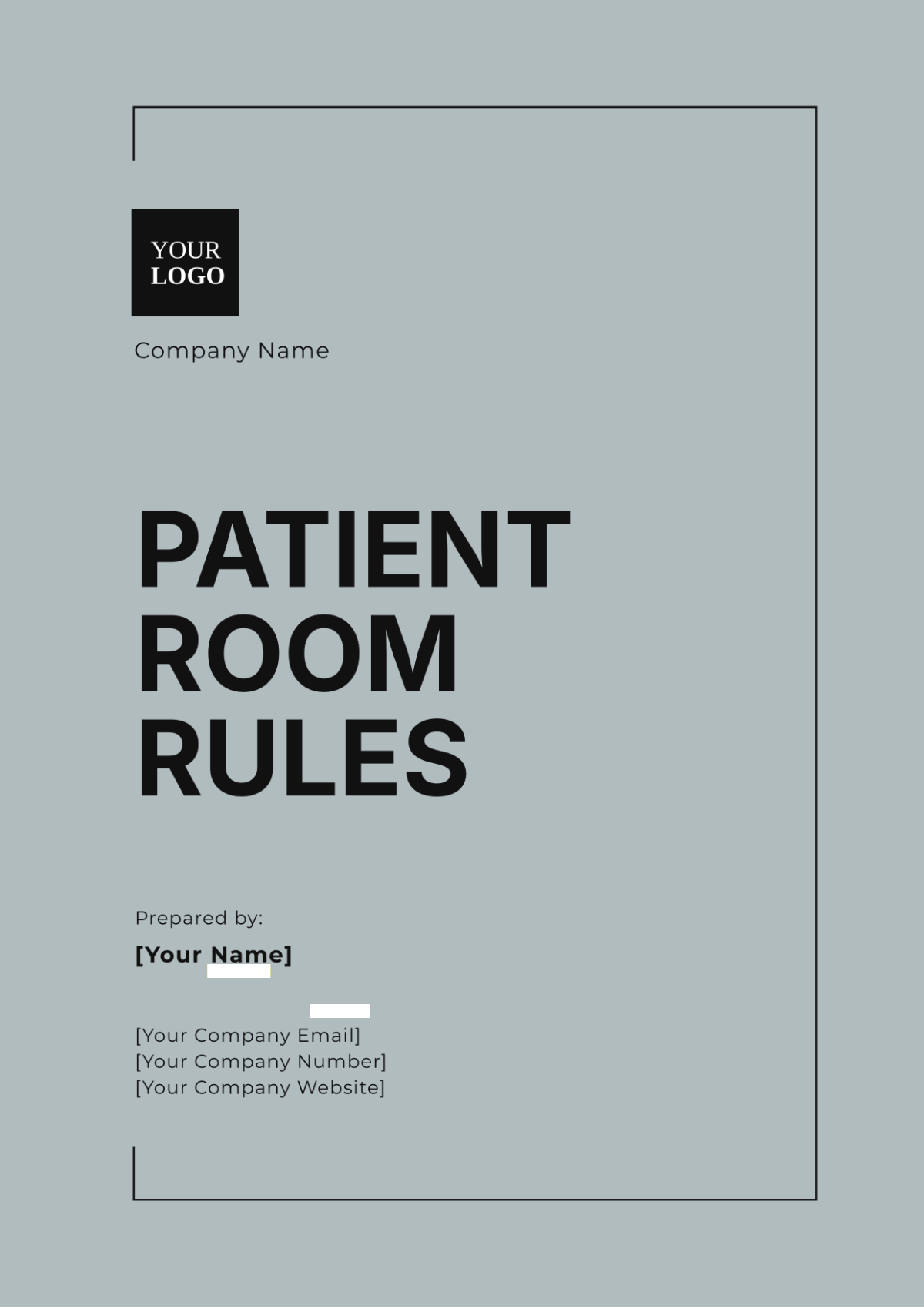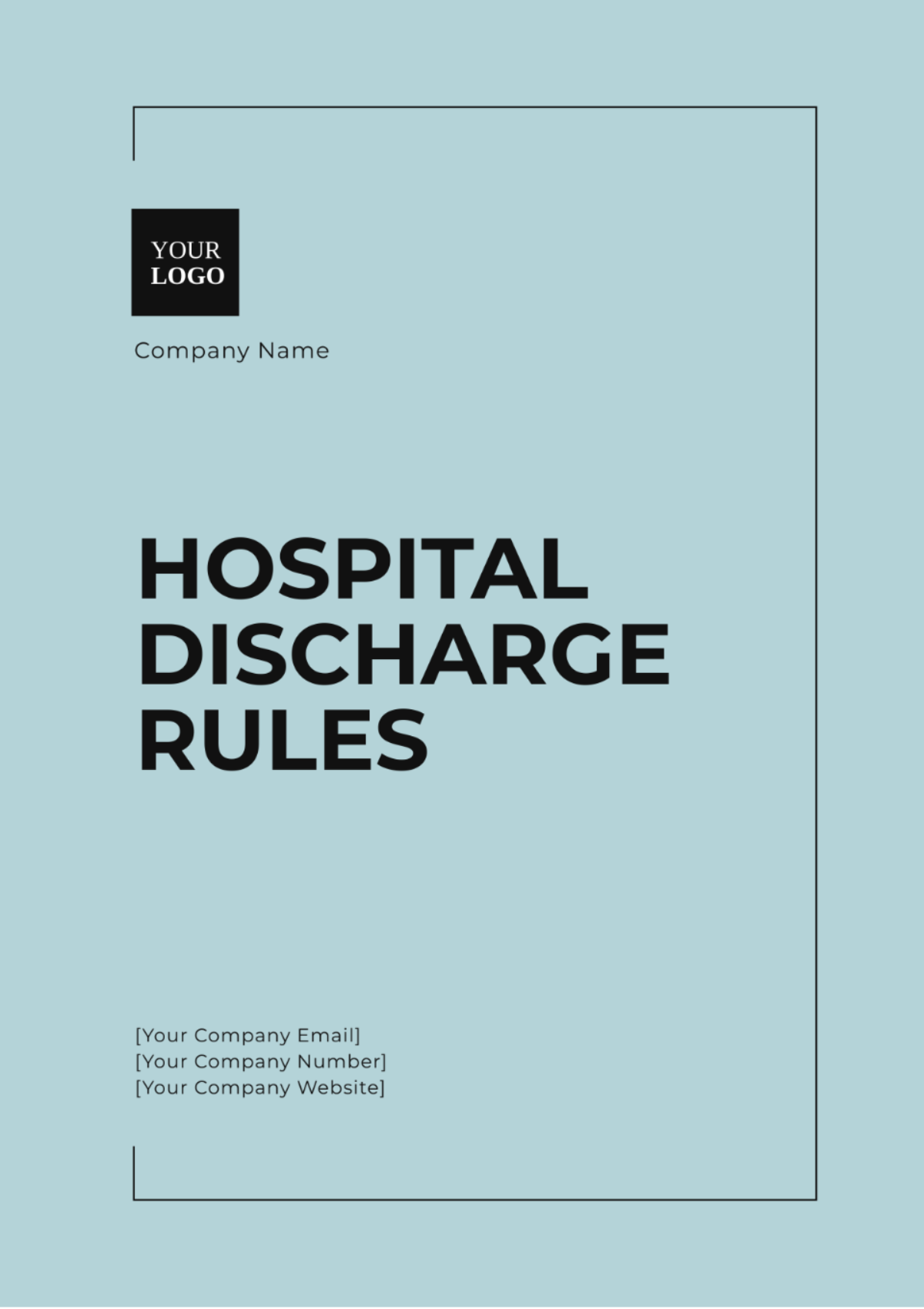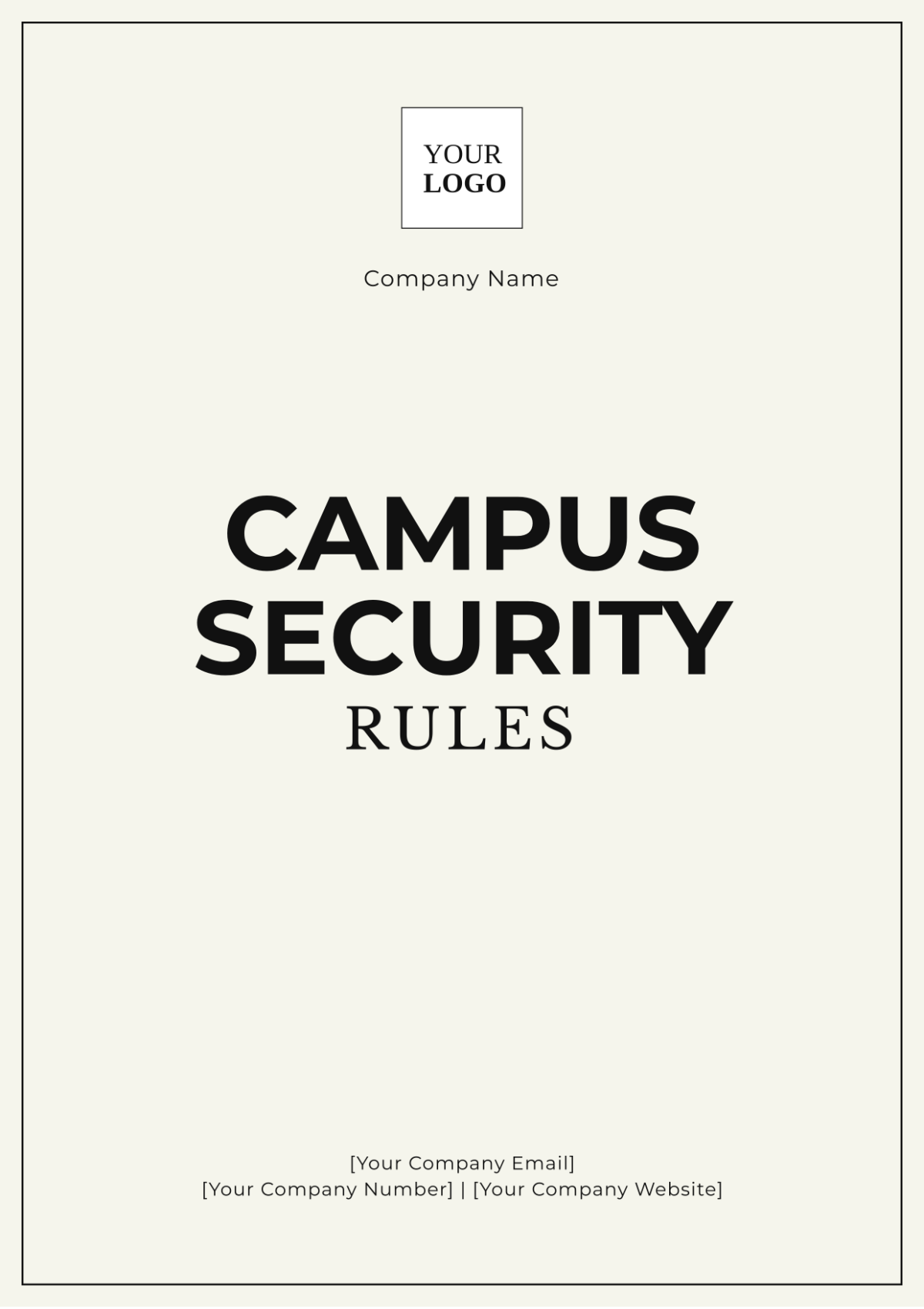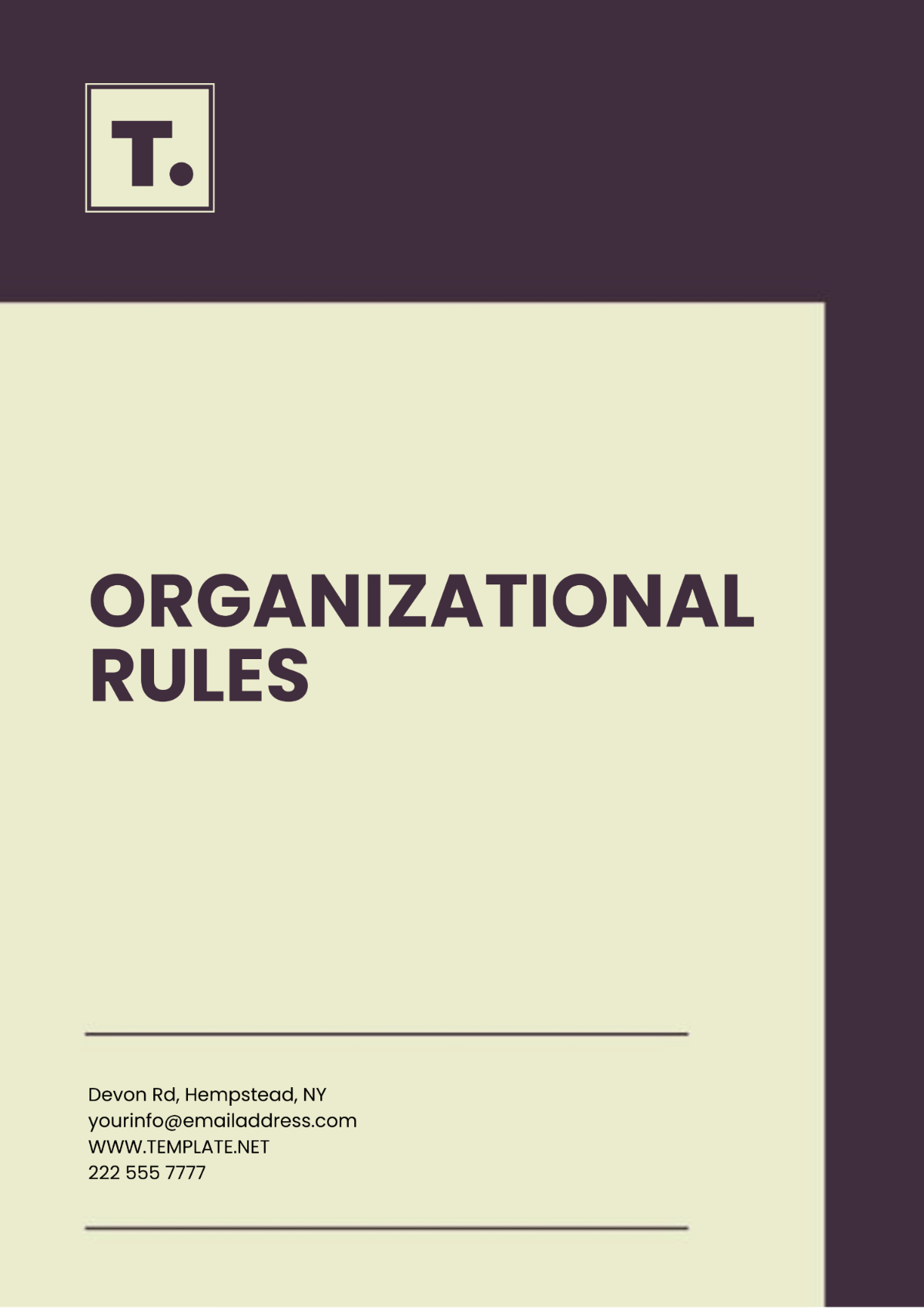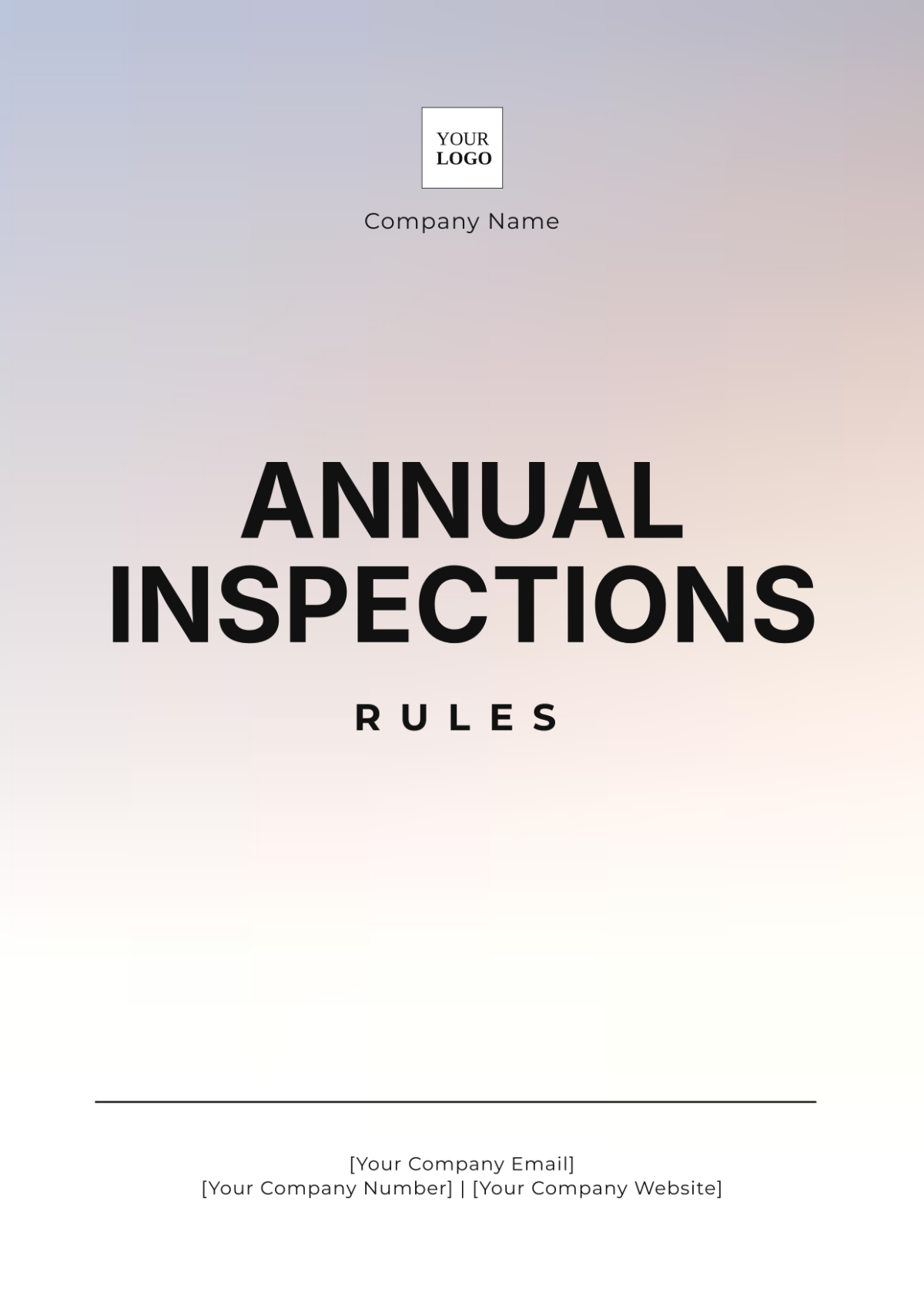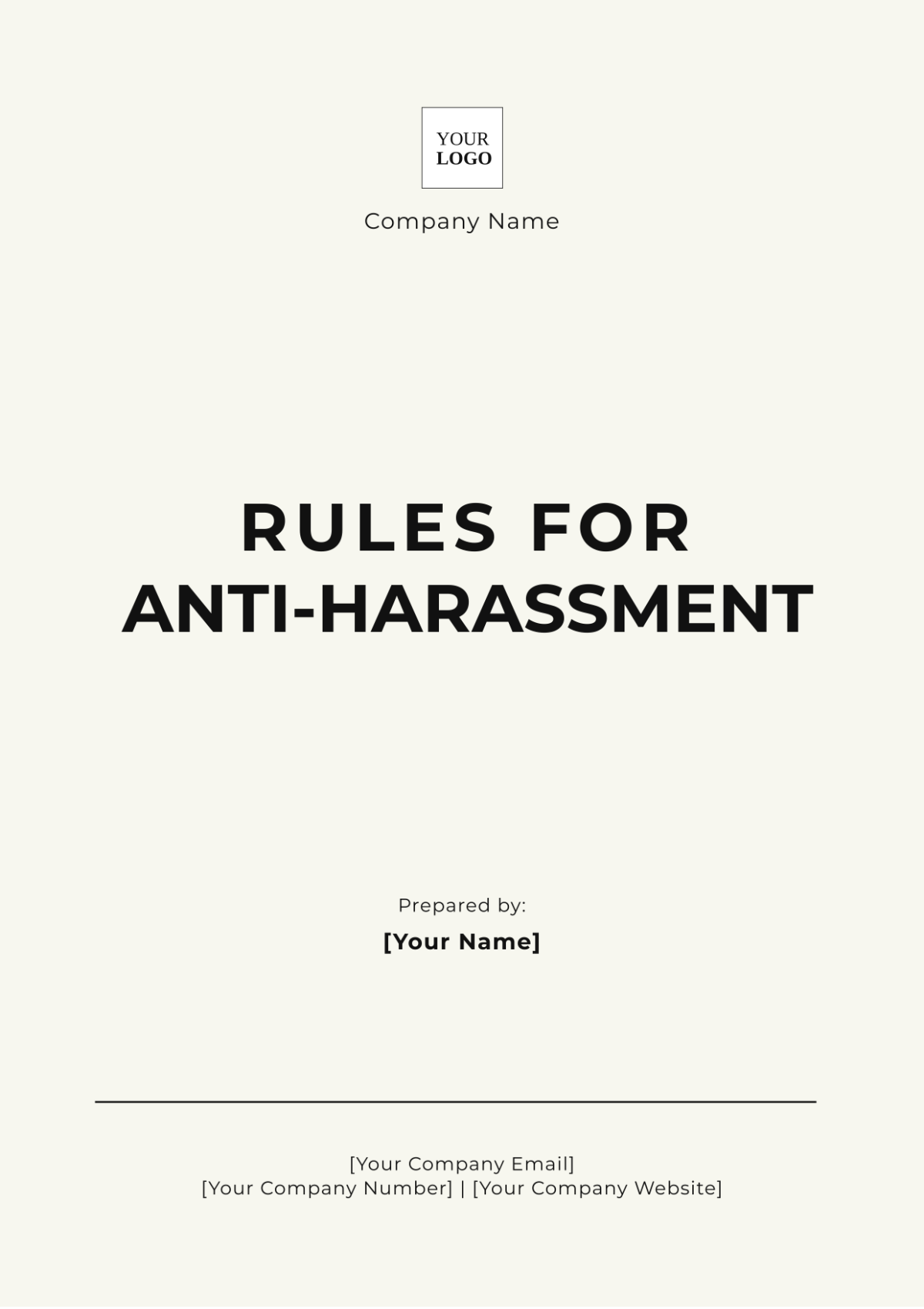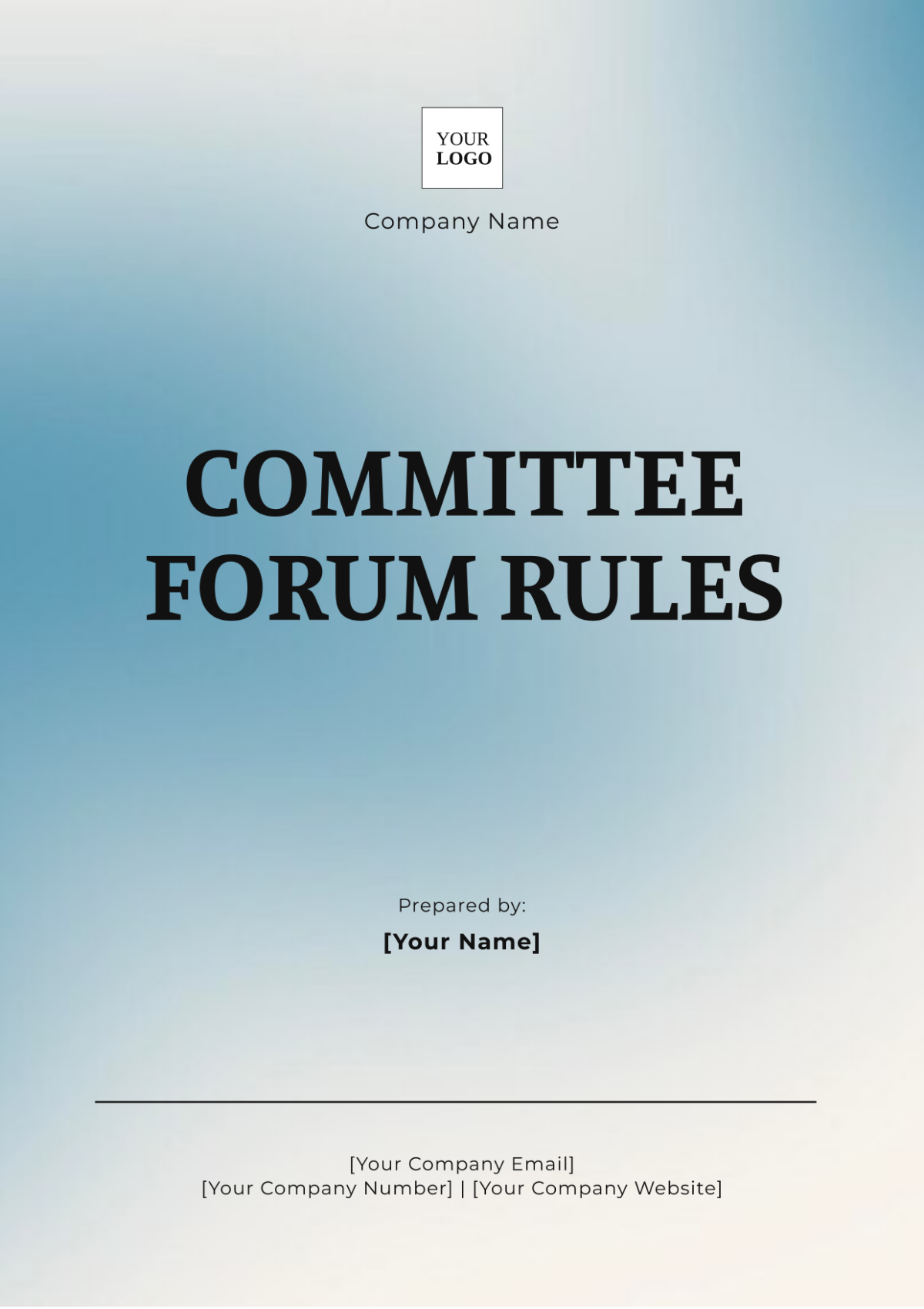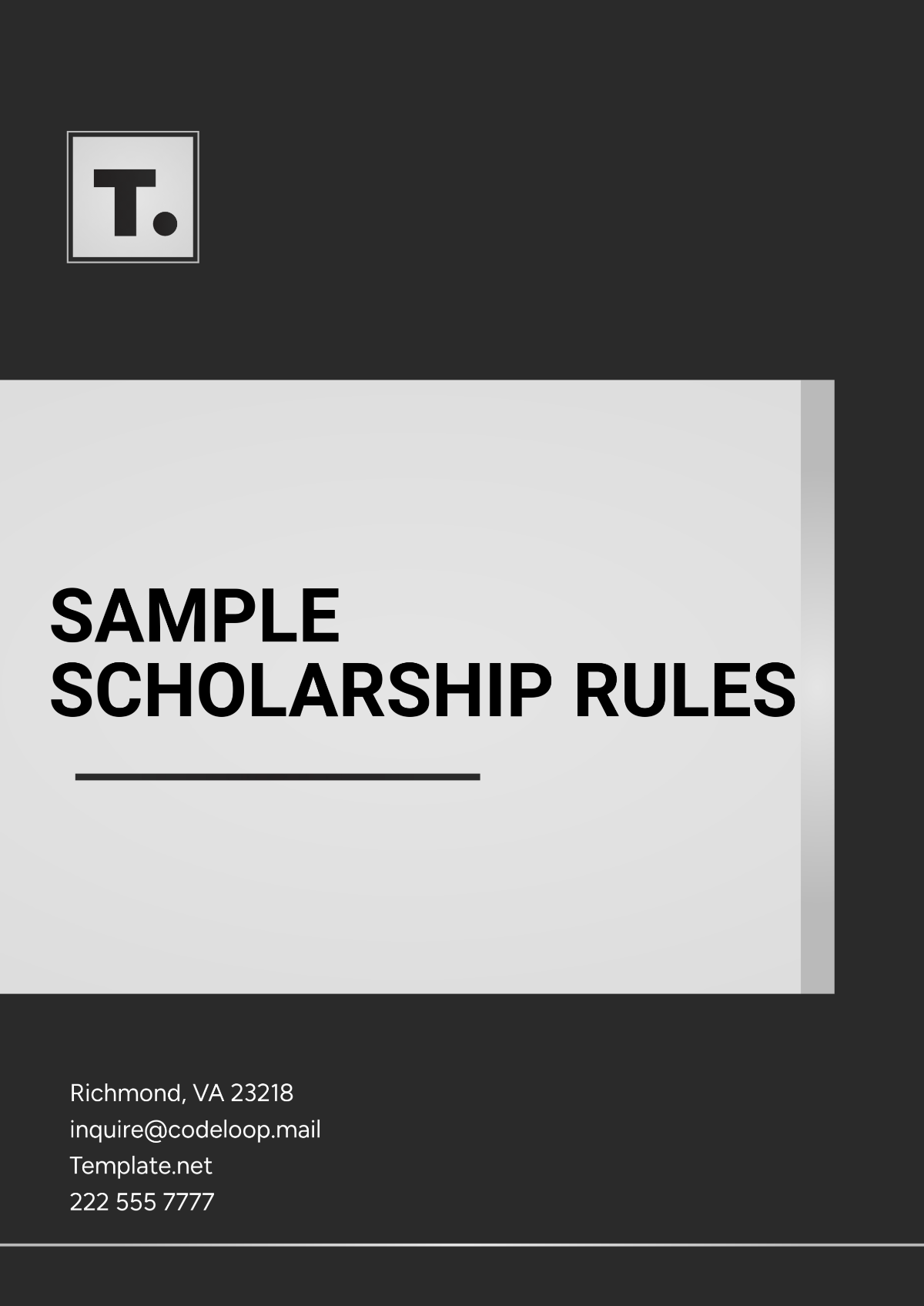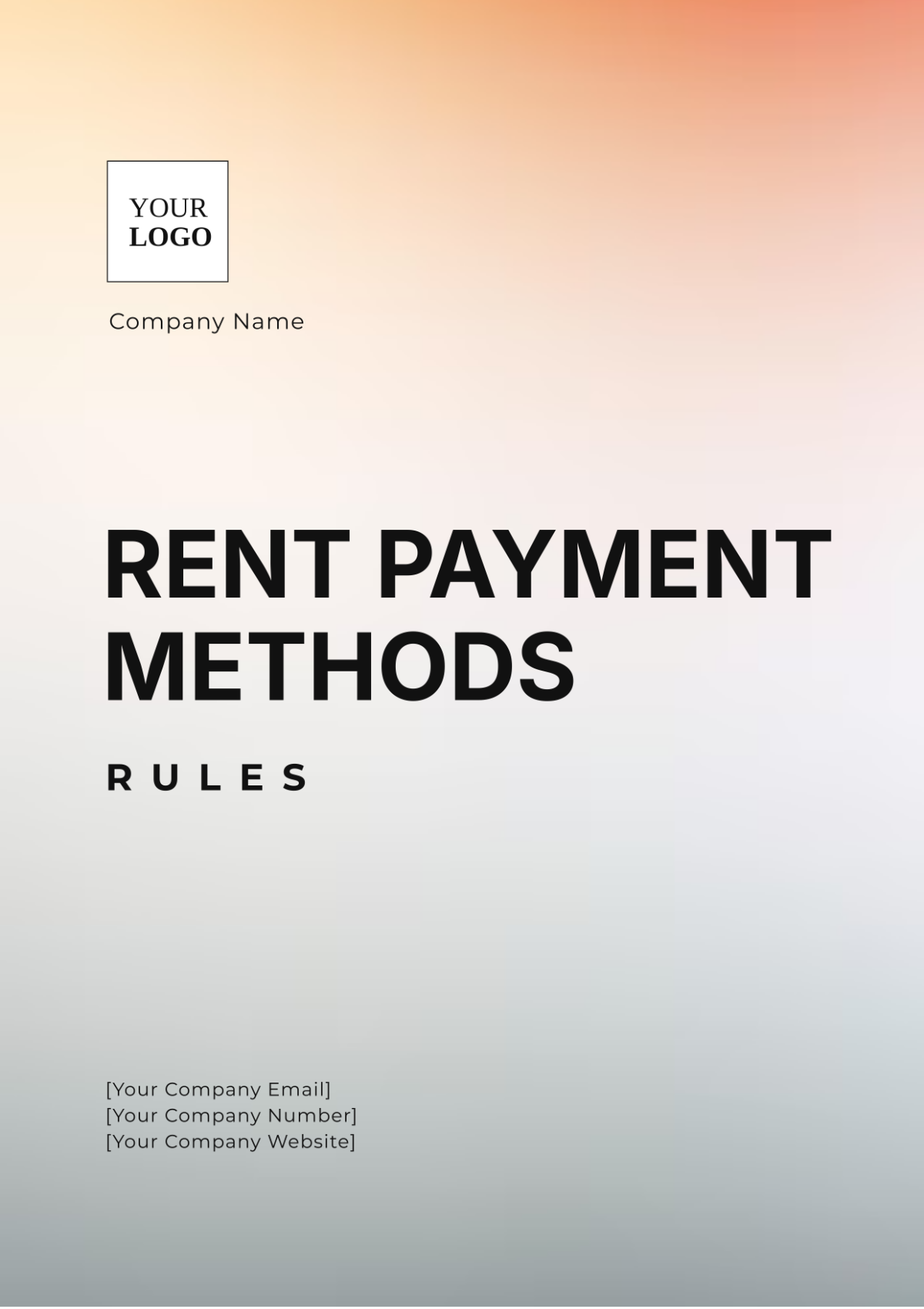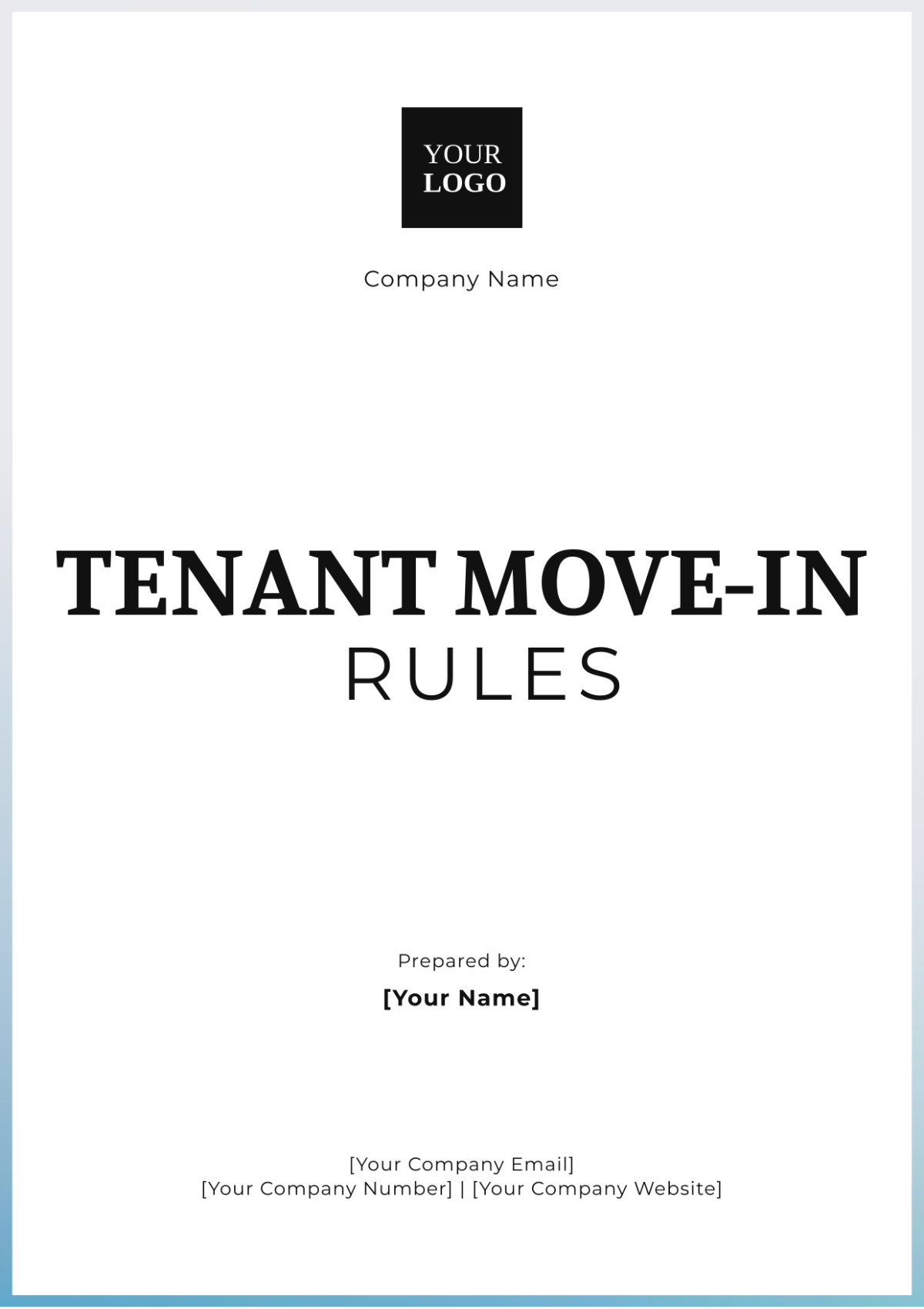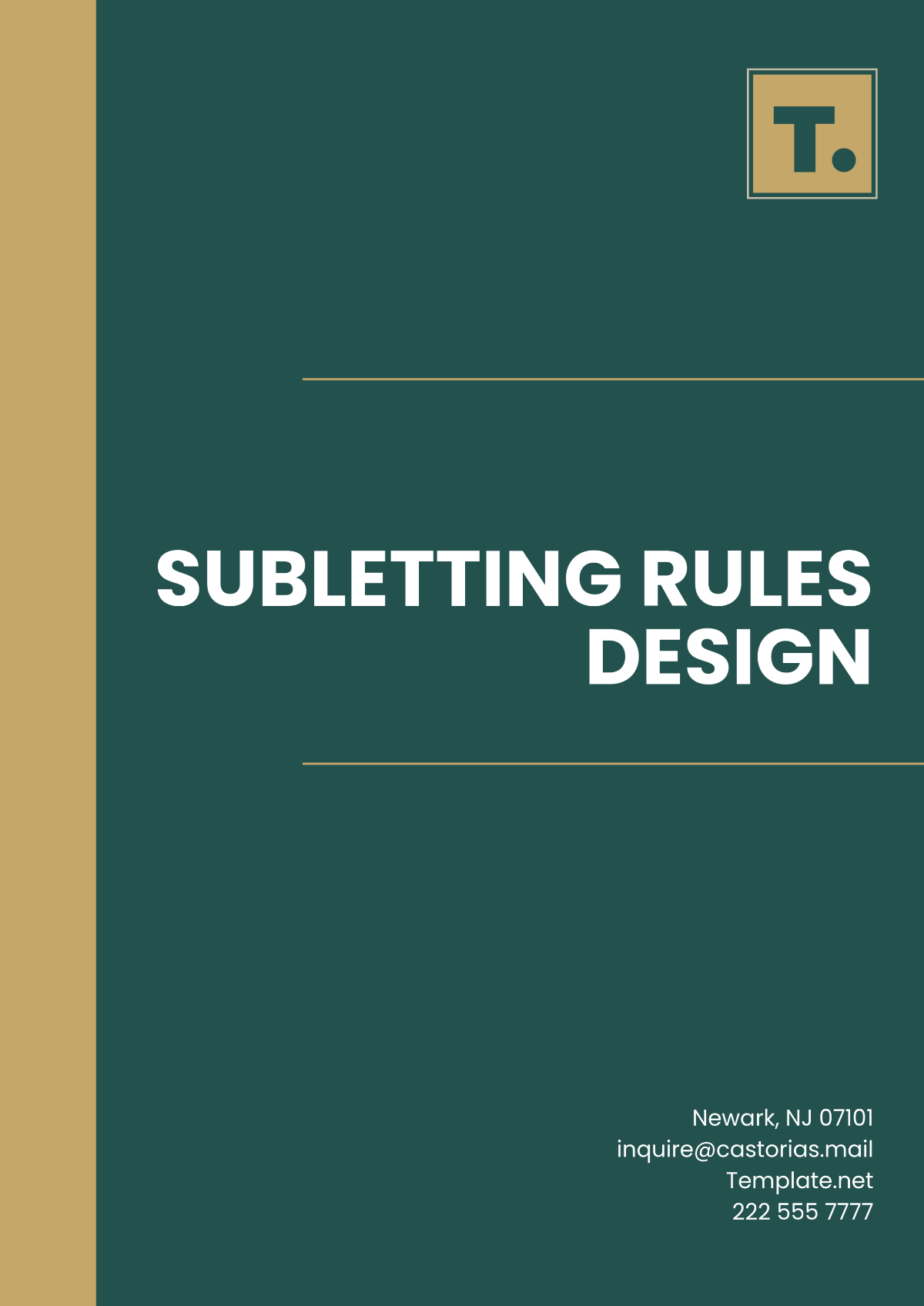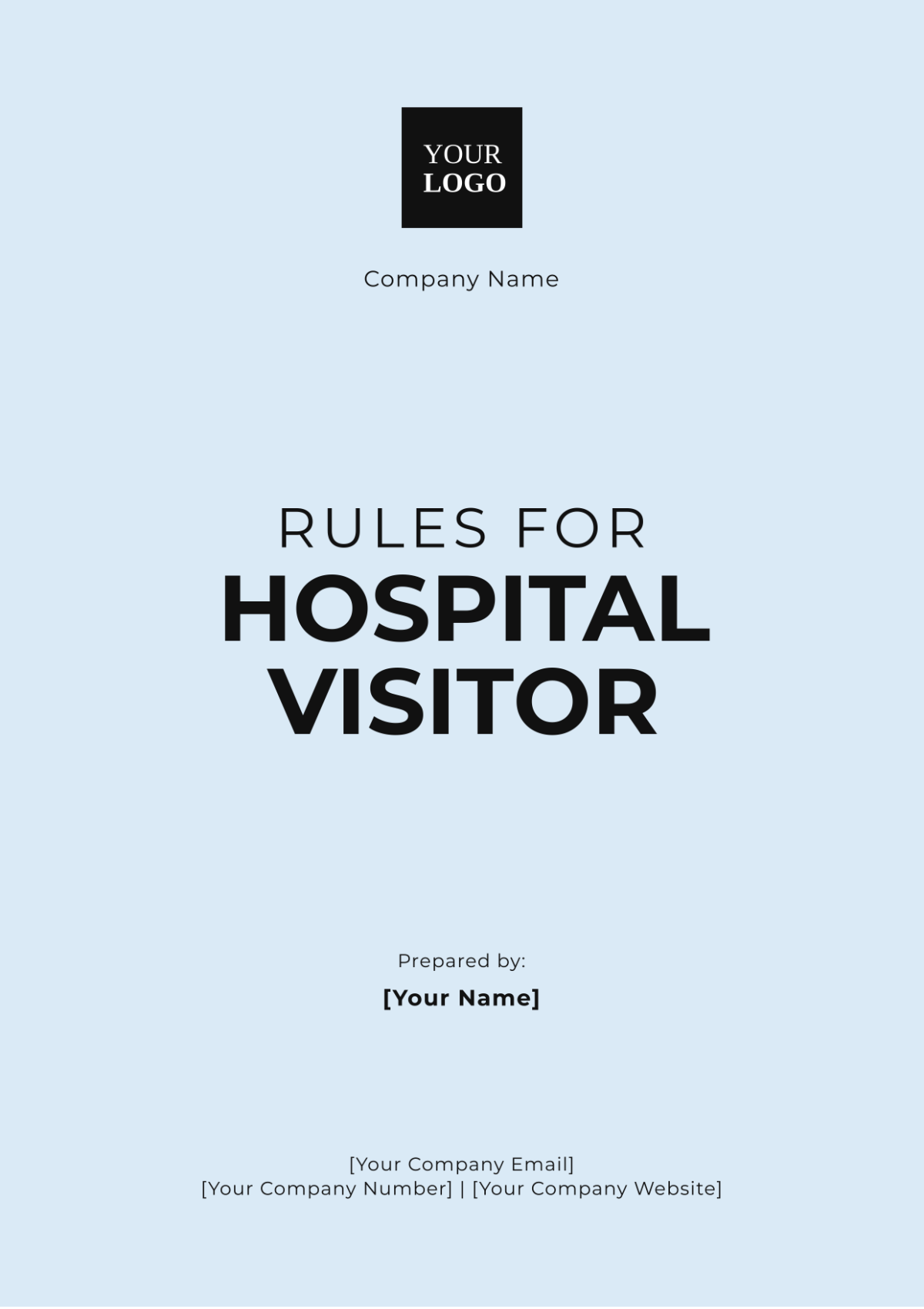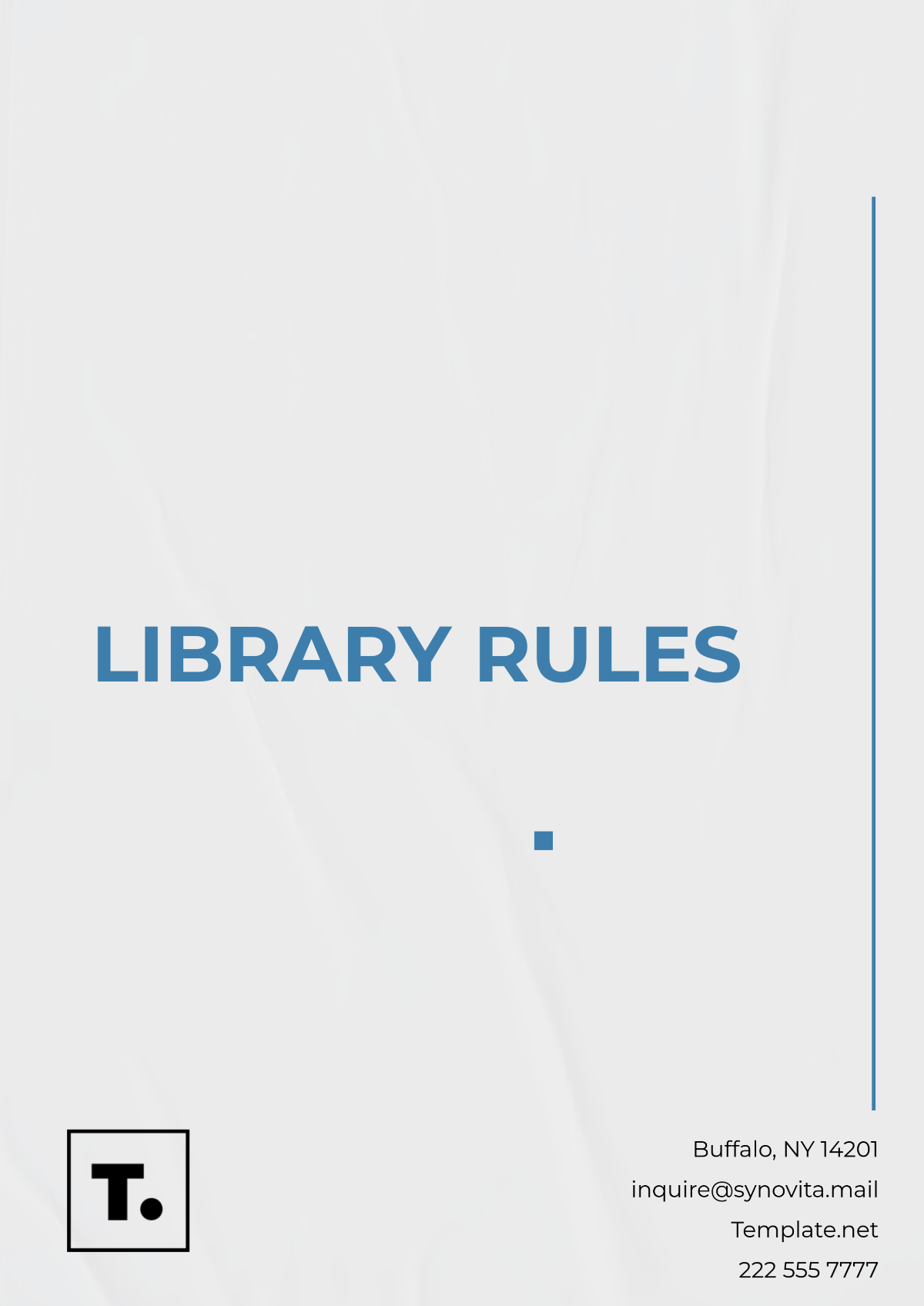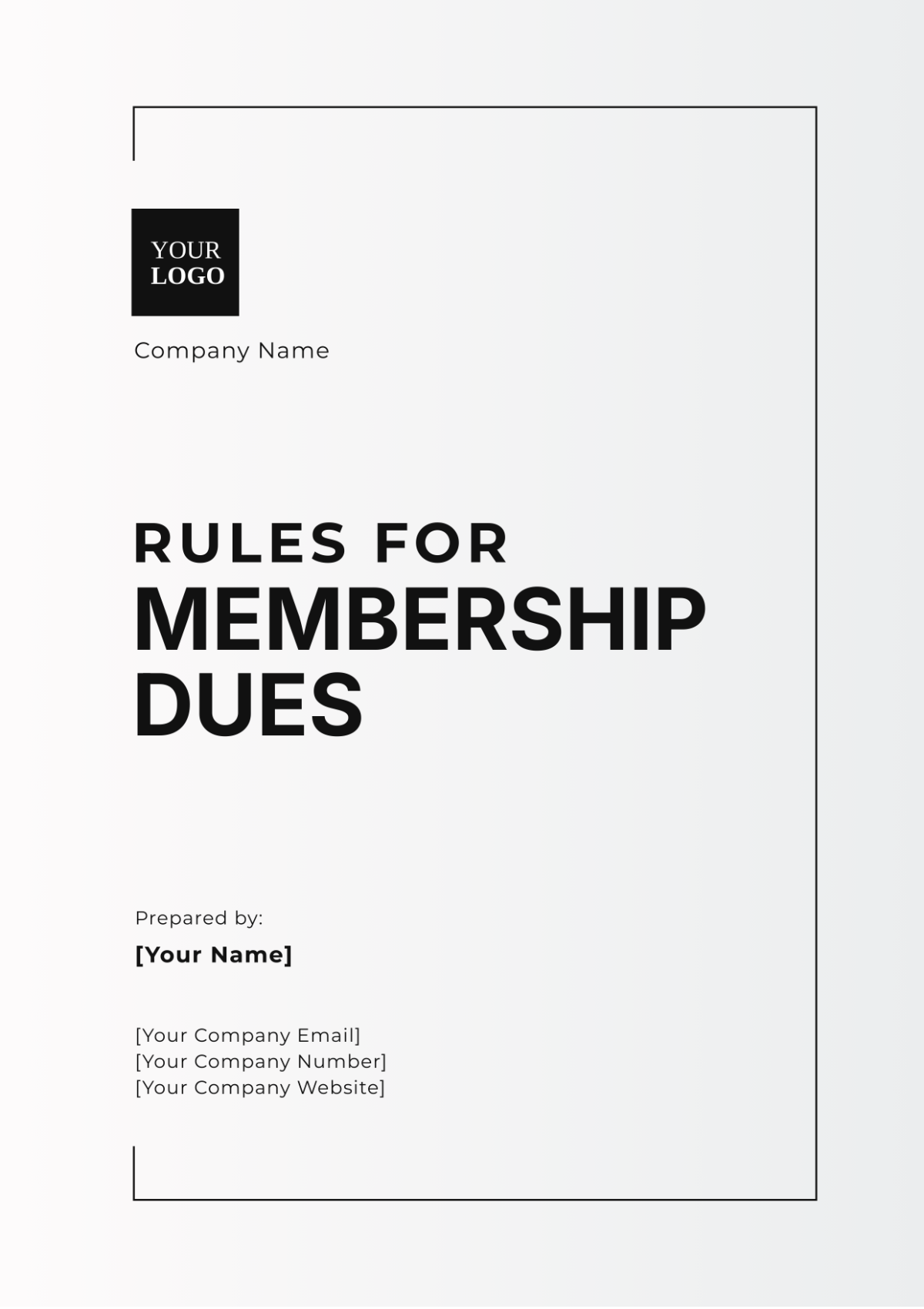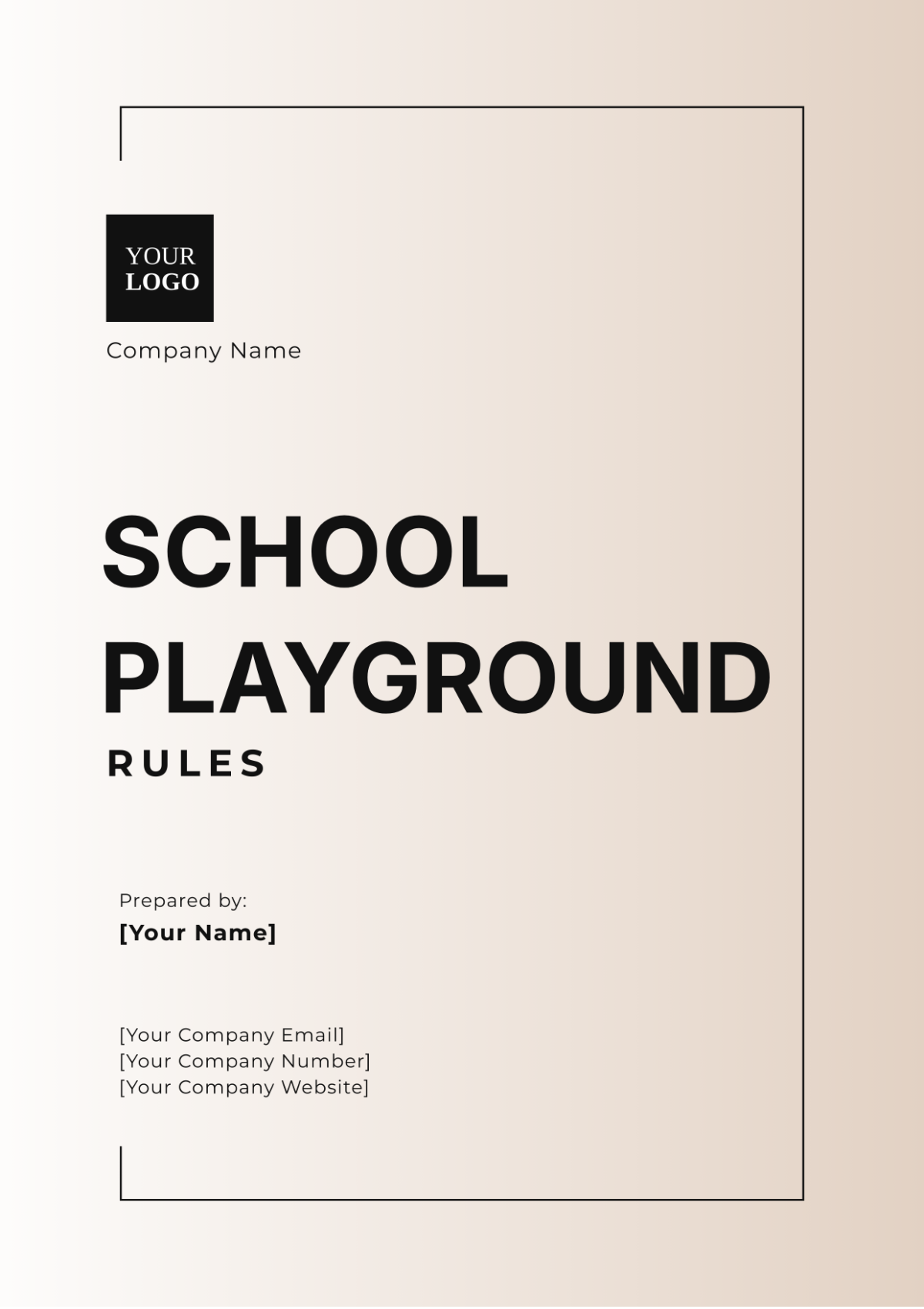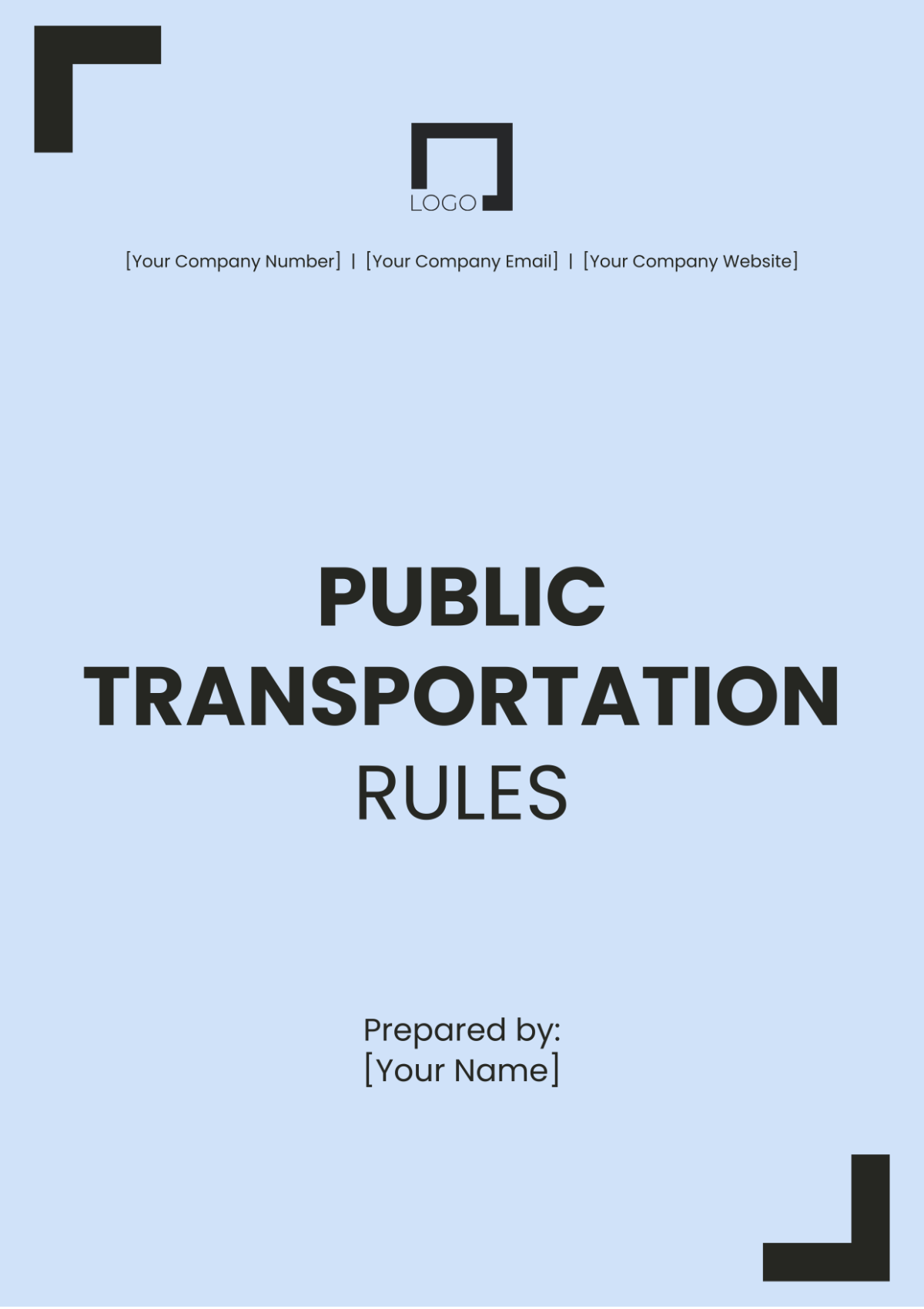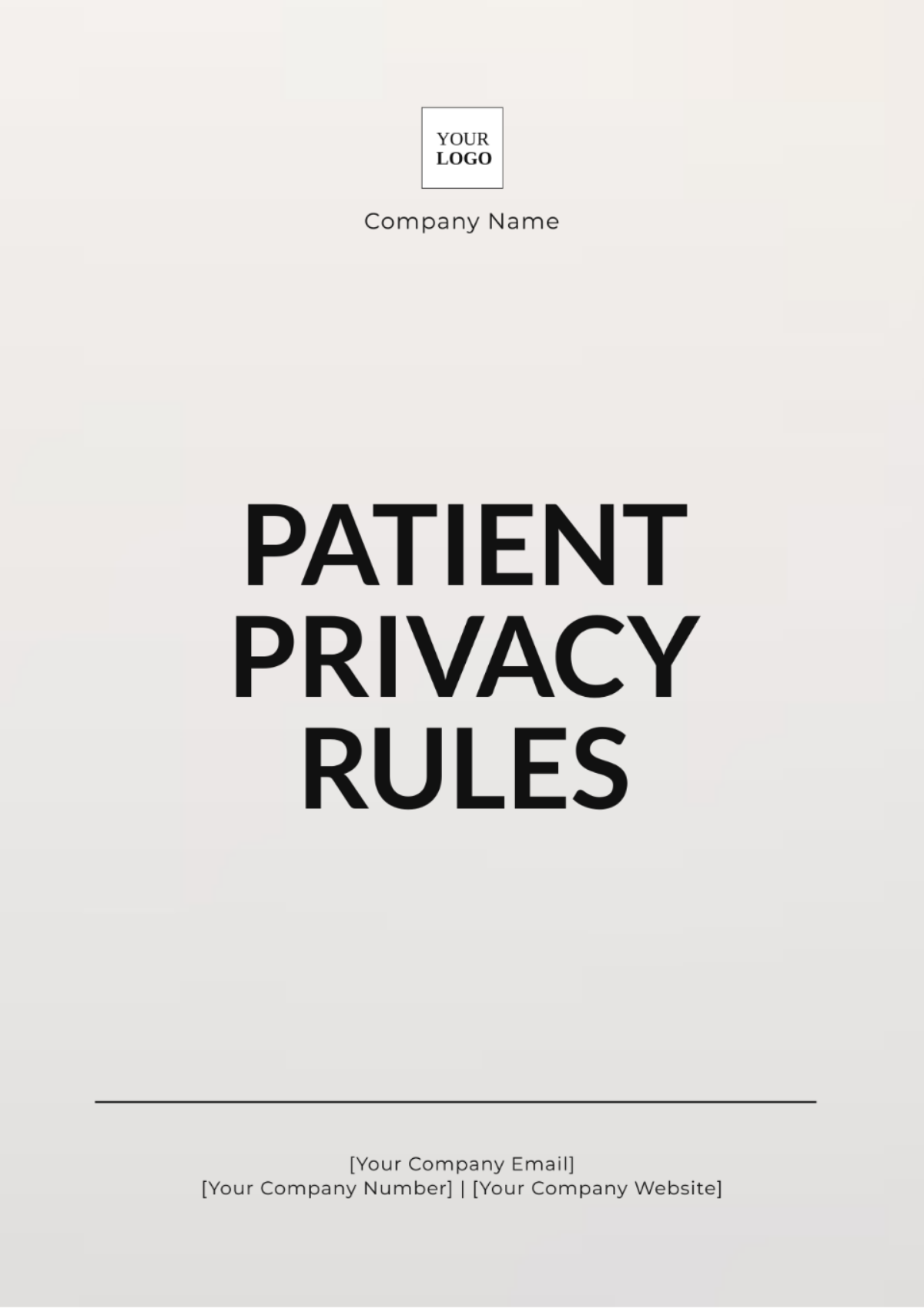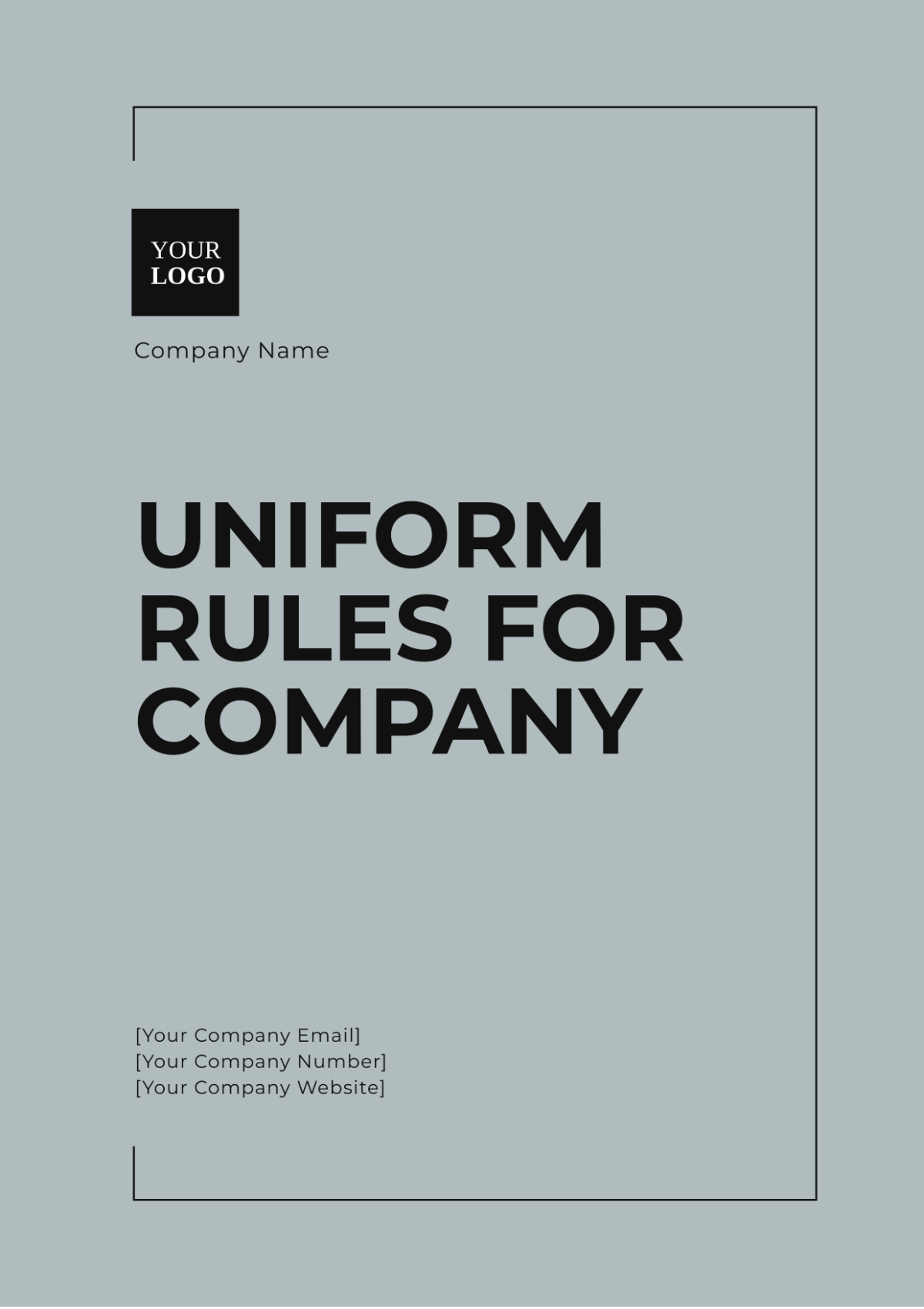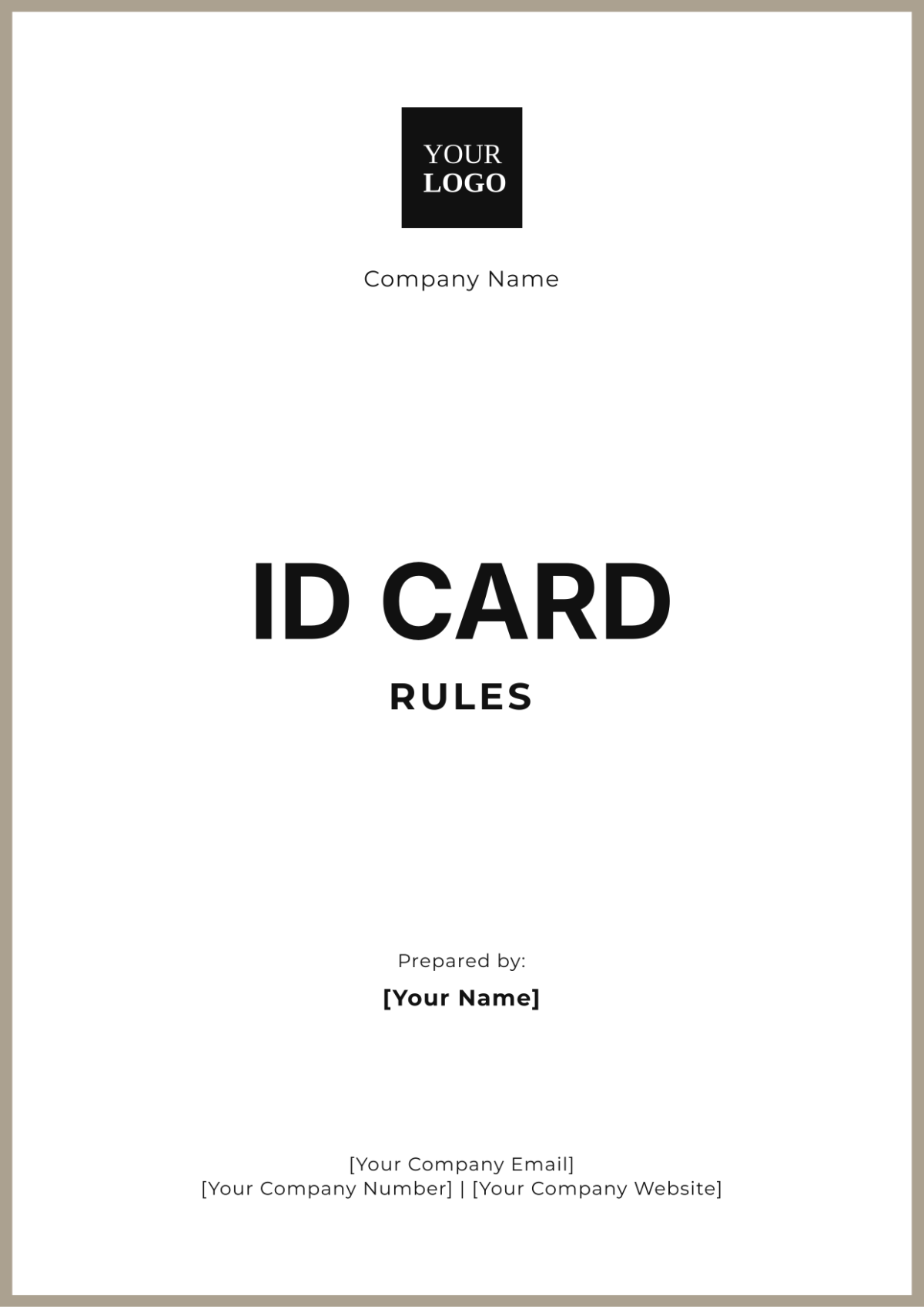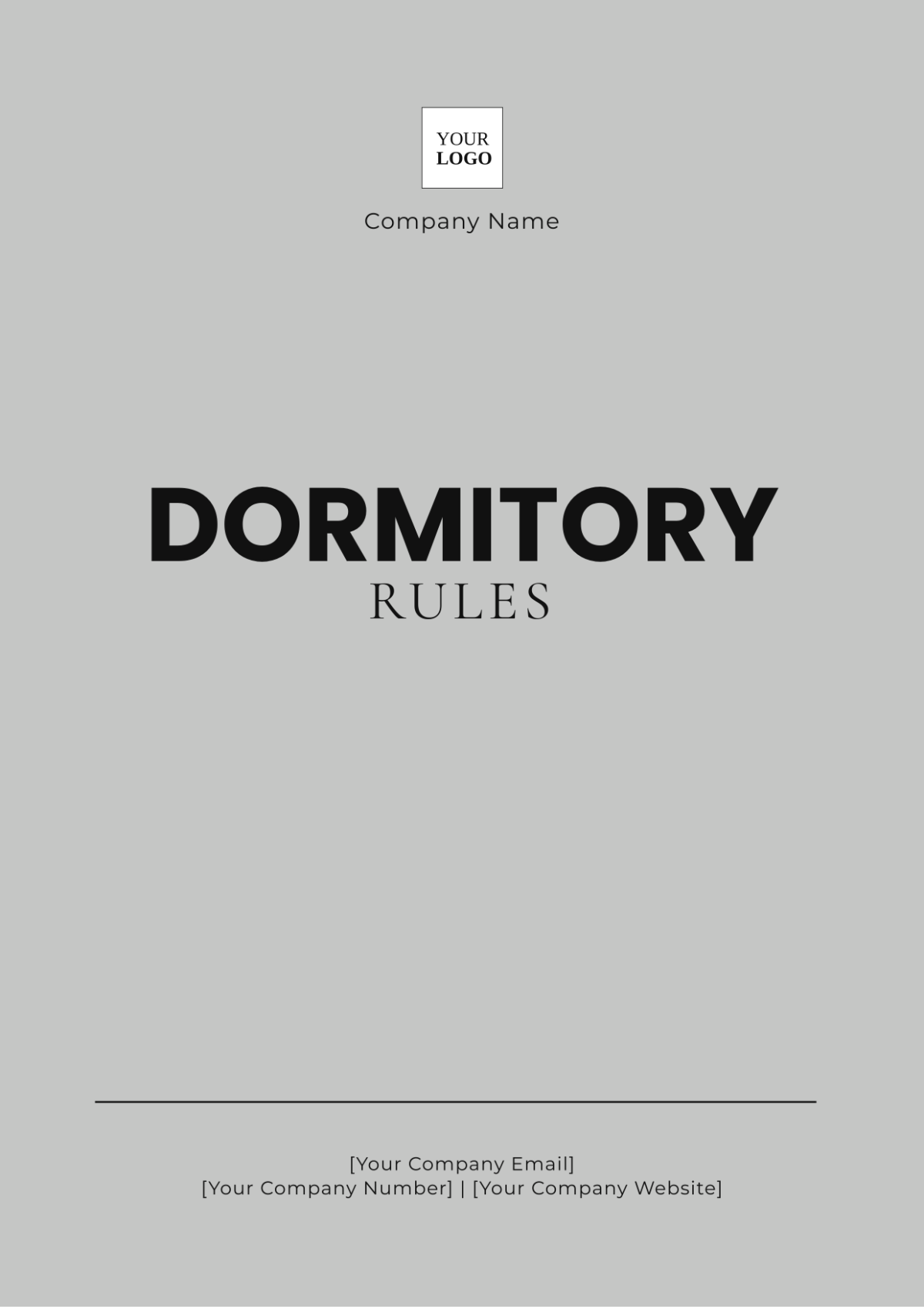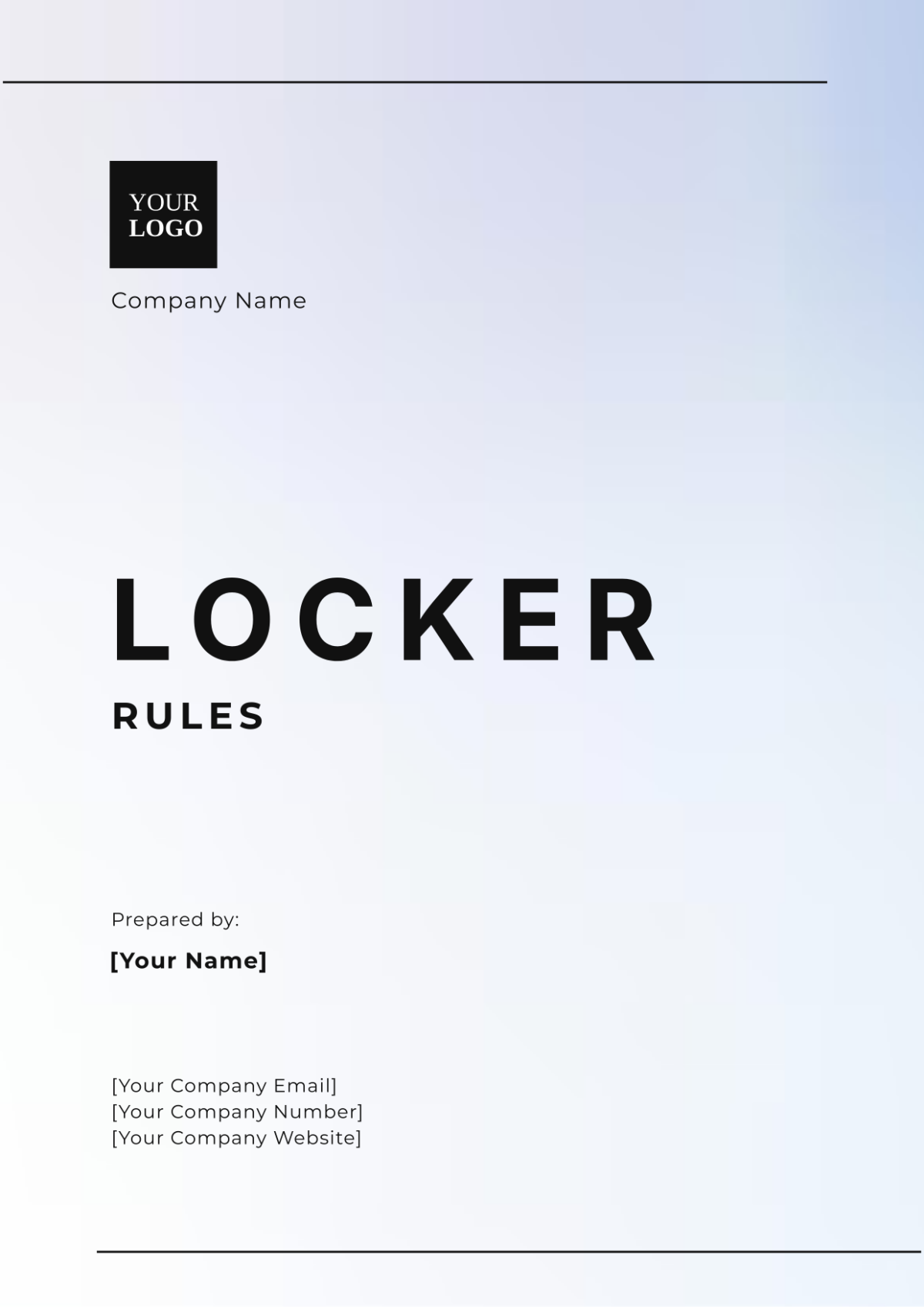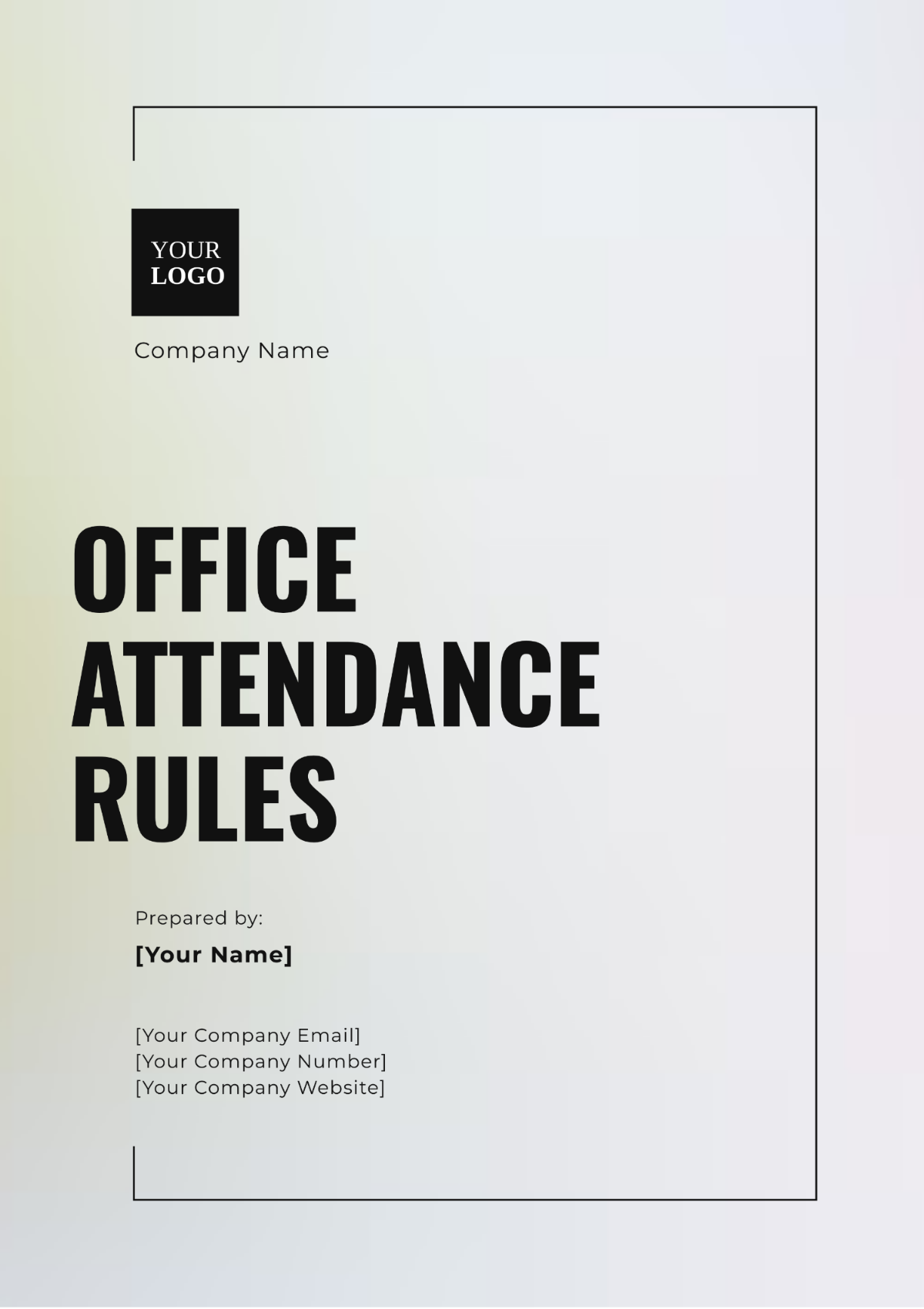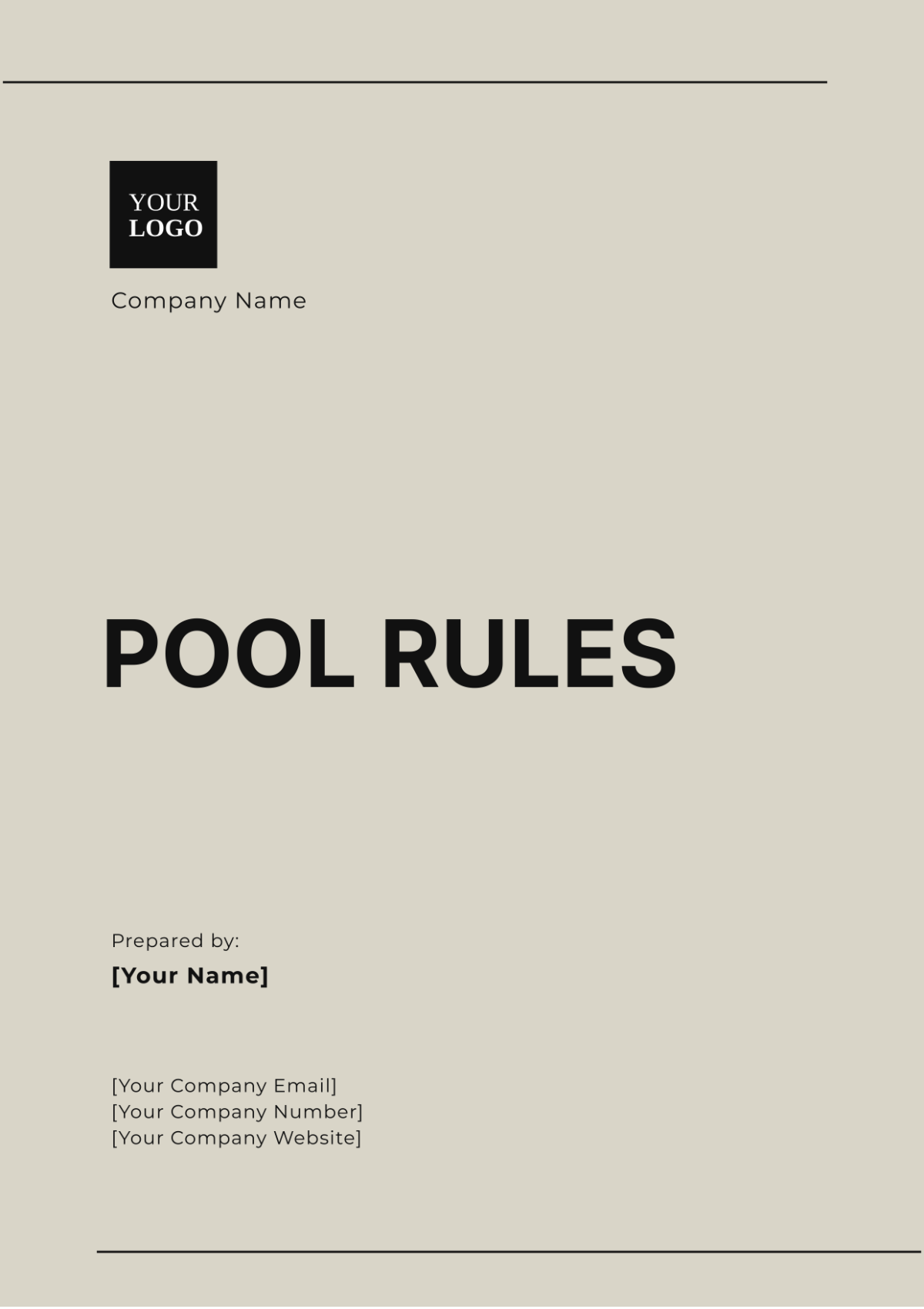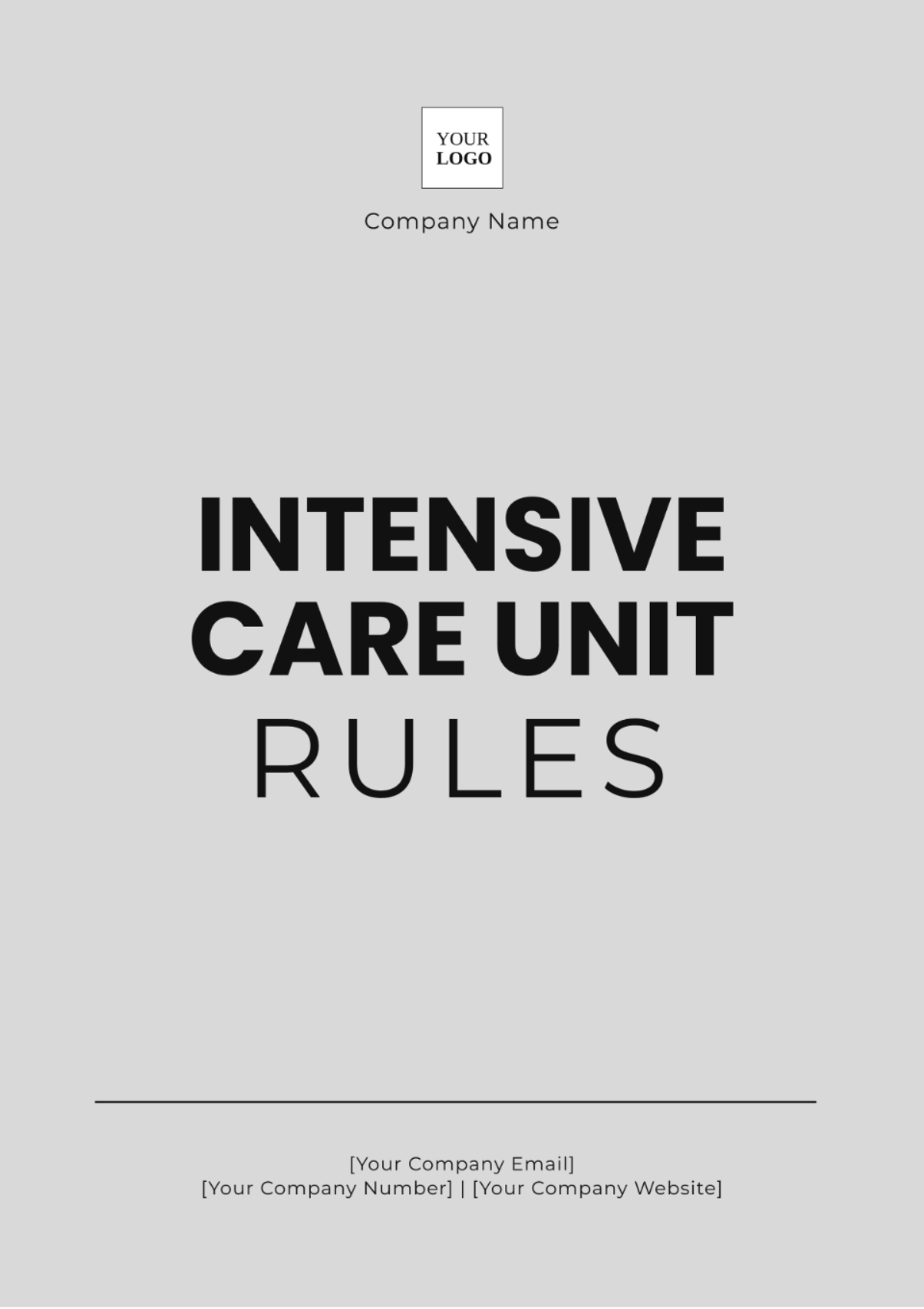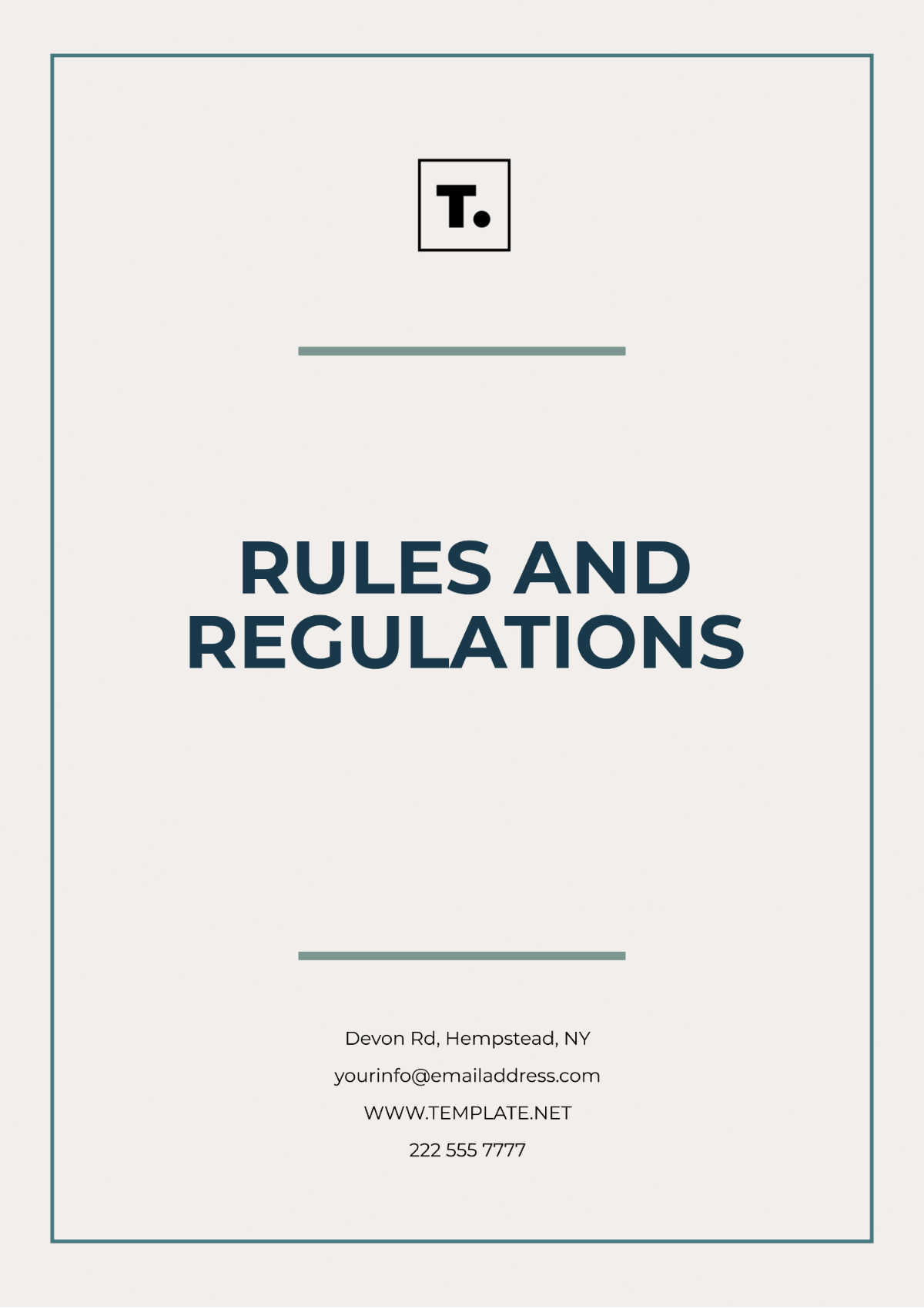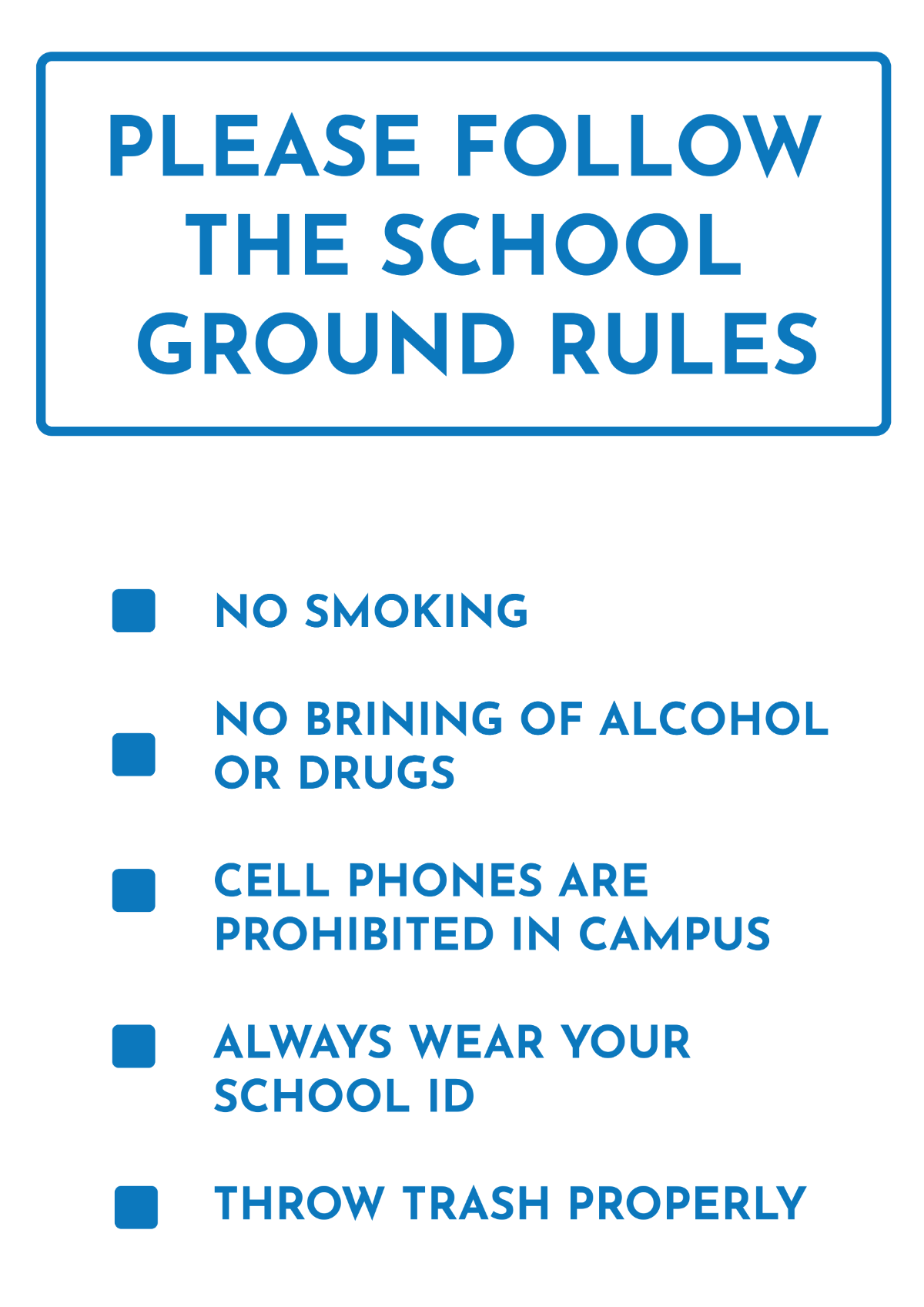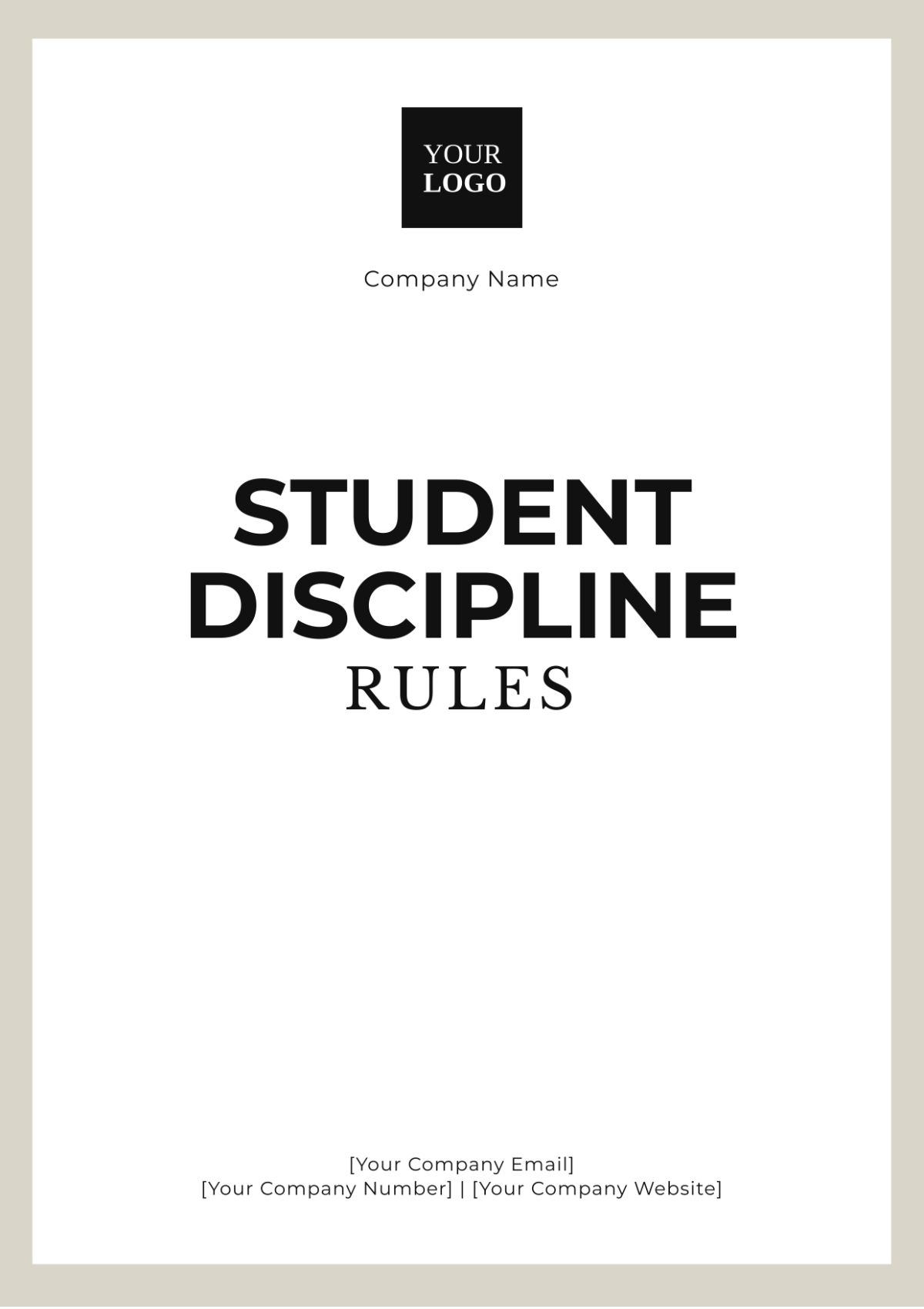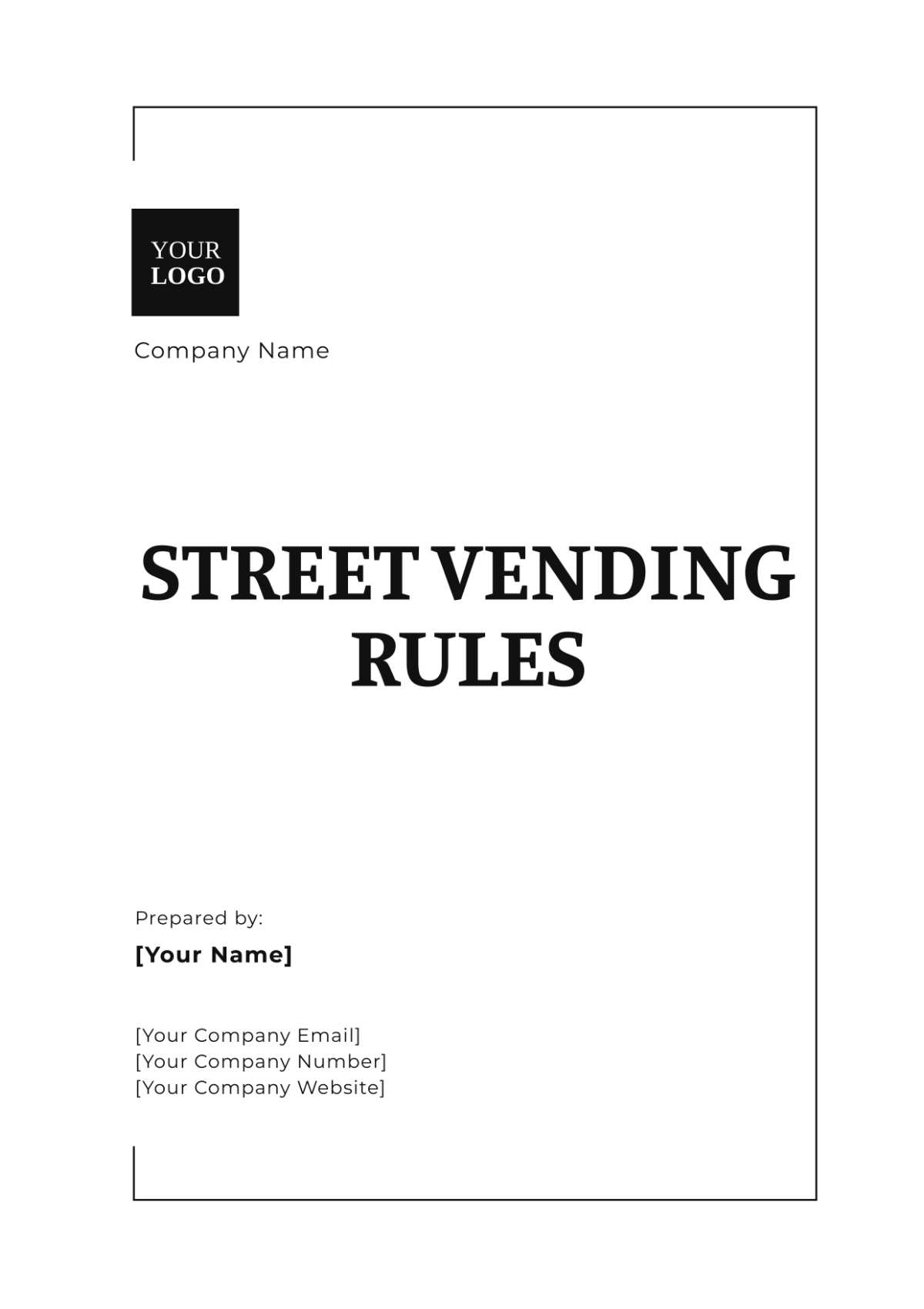Examination Rules for School
1. Introduction
This document outlines the comprehensive guidelines and procedures for conducting exams within the school. It covers policies on examination conduct, student behavior, invigilation, assessment methods, and specific rules pertinent to the institution's examination process.
2. Examination Conduct
2.1 General Policies
Examination Schedule: Exams will be scheduled and communicated at least two weeks in advance.
Exam Duration: Each exam will have a specific time limit, which will be indicated on the exam paper.
Exam Environment: Exams must be conducted in a quiet, well-lit environment free from any disturbances.
2.2 Examination Integrity
No Unauthorized Materials: Students are not permitted to bring unauthorized materials, including notes, electronic devices, or textbooks, into the examination room.
Personal Items: All personal items, such as bags and coats, must be left in designated areas outside the examination room.
3. Student Behavior
3.1 Conduct During Examinations
Arrival: Students must arrive at the examination room at least 10 minutes before the start time.
Seating: Students will be assigned seats and must sit in their designated places.
Communication: Students must not communicate with each other during the exam.
3.2 Compliance
Instructions: Students must follow all instructions given by the invigilator.
Disruptive Behavior: Any form of disruptive behavior, including talking or cheating, will be penalized according to the school's disciplinary policies.
4. Invigilation
4.1 Responsibilities of Invigilators
Monitoring: Invigilators are responsible for monitoring students to ensure compliance with examination rules.
Assisting Students: Invigilators must assist students with any issues related to the examination process, such as clarifying instructions.
Reporting Issues: Any incidents of misconduct or irregularities must be reported to the examination coordinator immediately.
4.2 Examination Setup
Preparation: Invigilators should ensure that the examination room is set up according to the prescribed layout before the exam begins.
Security: All examination papers and materials should be secured and distributed in an orderly manner.
5. Assessment Methods
5.1 Types of Assessments
Written Exams: These include multiple-choice questions, short answers, and essay questions.
Practical Exams: These require students to demonstrate practical skills relevant to the subject being examined.
5.2 Evaluation Criteria
Marking Schemes: Clear marking schemes will be provided to ensure consistent and fair assessment.
Feedback: Constructive feedback will be given to students to help them understand their performance and areas for improvement.
6. Specific Rules
6.1 Exam Room Procedures
Identification: Students must present valid identification before entering the examination room.
Starting and Ending Exams: Exams will start and end at the times indicated on the exam paper. Students must stop working when instructed.
6.2 Handling Emergencies
Medical Emergencies: In the event of a medical emergency, students should notify an invigilator immediately.
Technical Issues: Any technical issues with examination materials or equipment must be reported to the examination coordinator without delay.
6.3 Special Accommodations
Requests: Students requiring special accommodations must submit a formal request to the examination coordinator well in advance.
Support: Accommodations will be provided based on individual needs and documented requirements.
